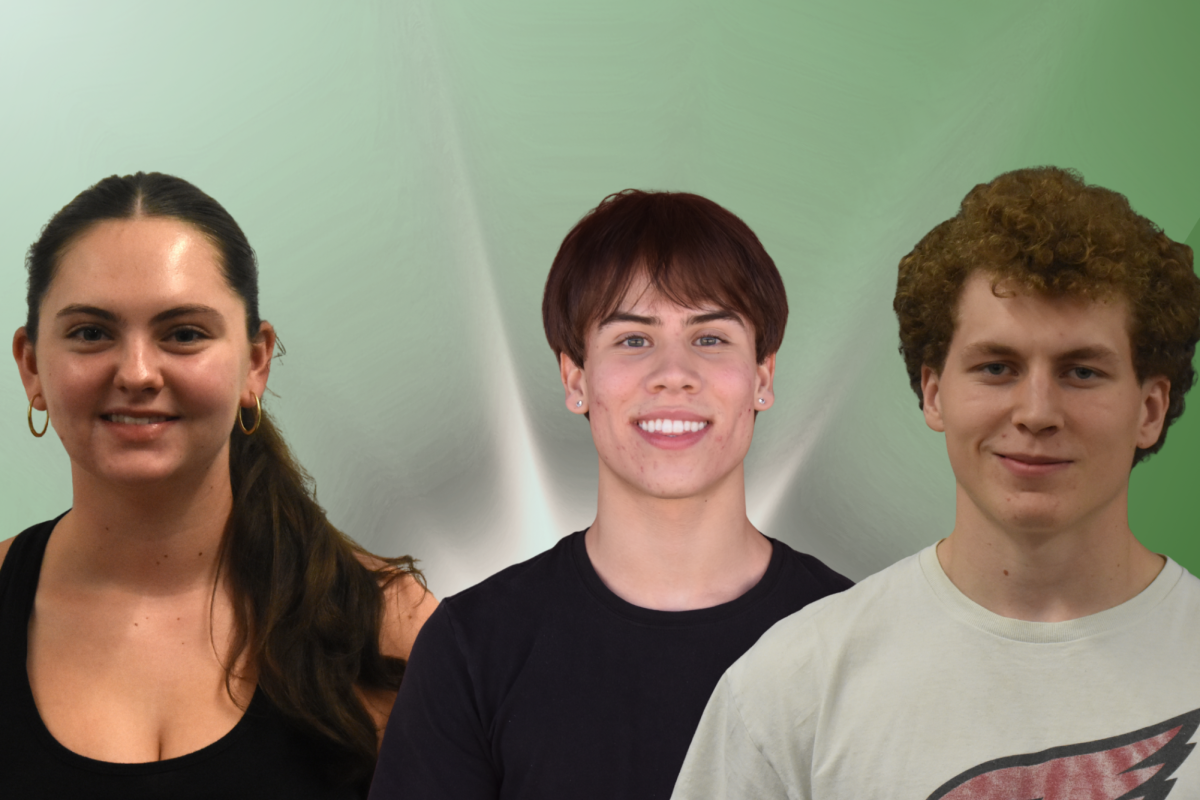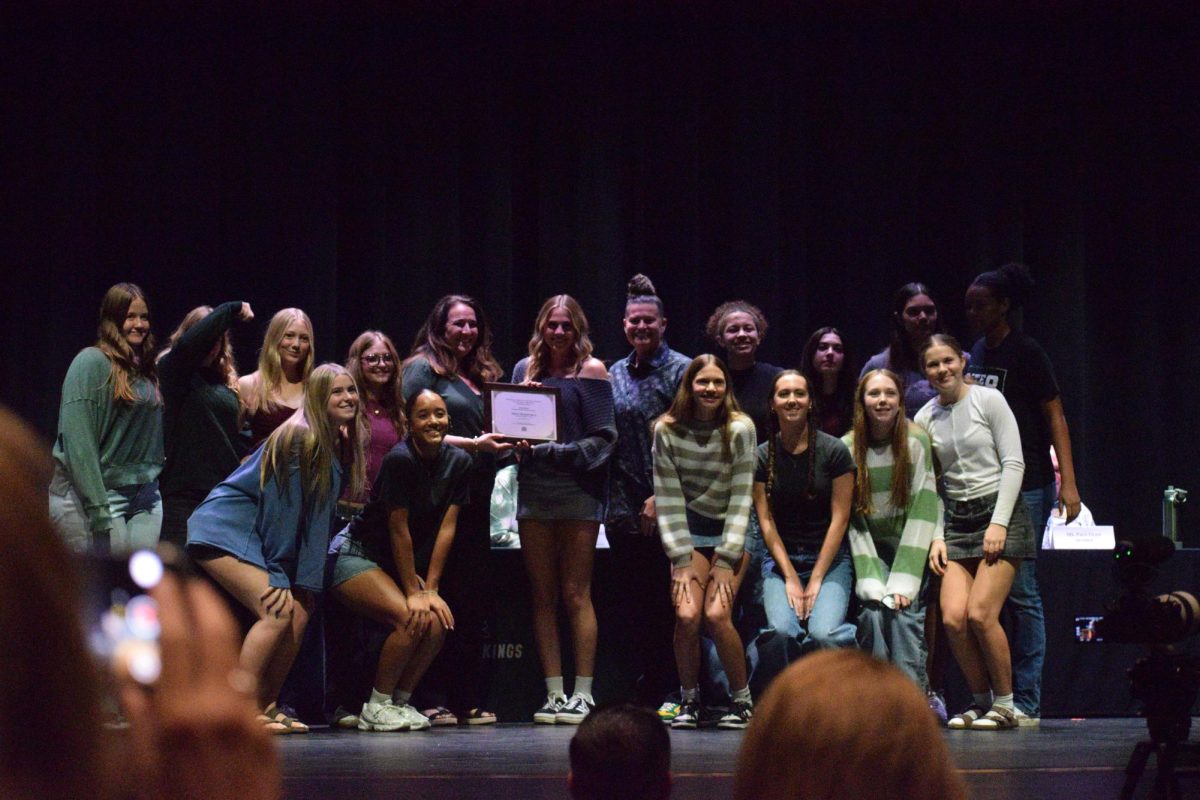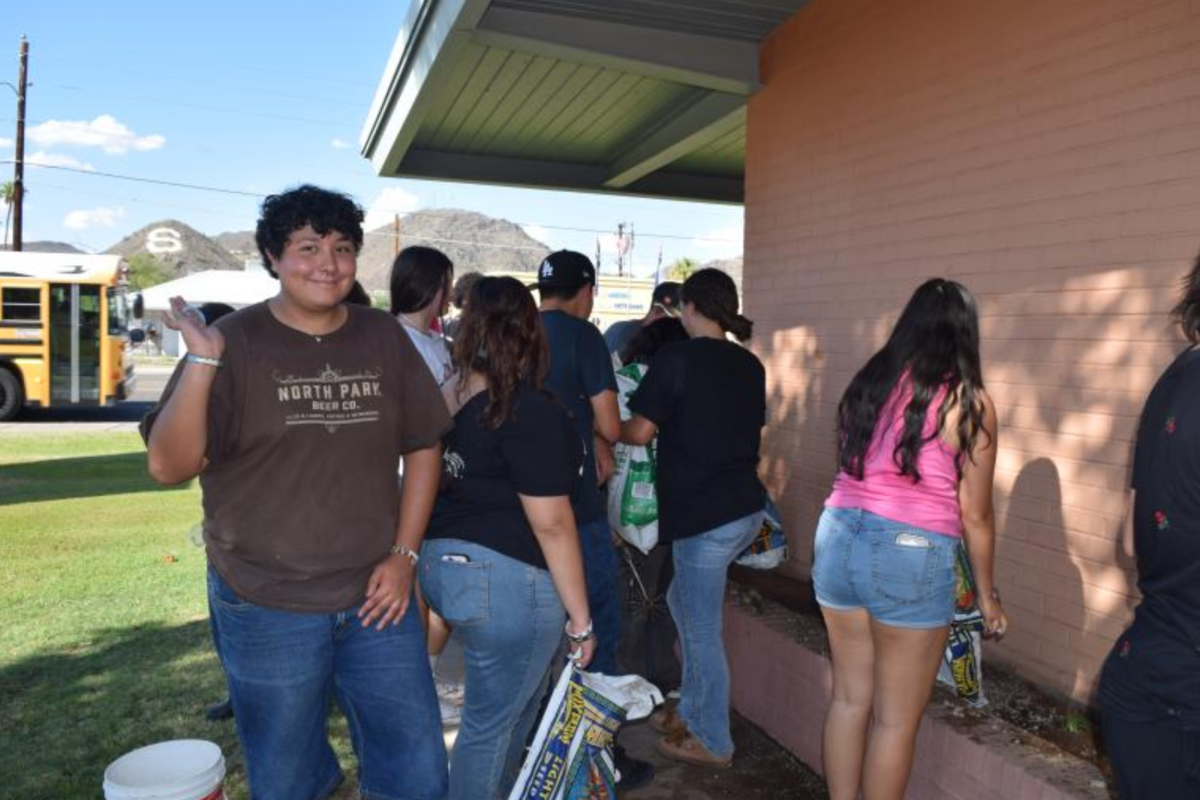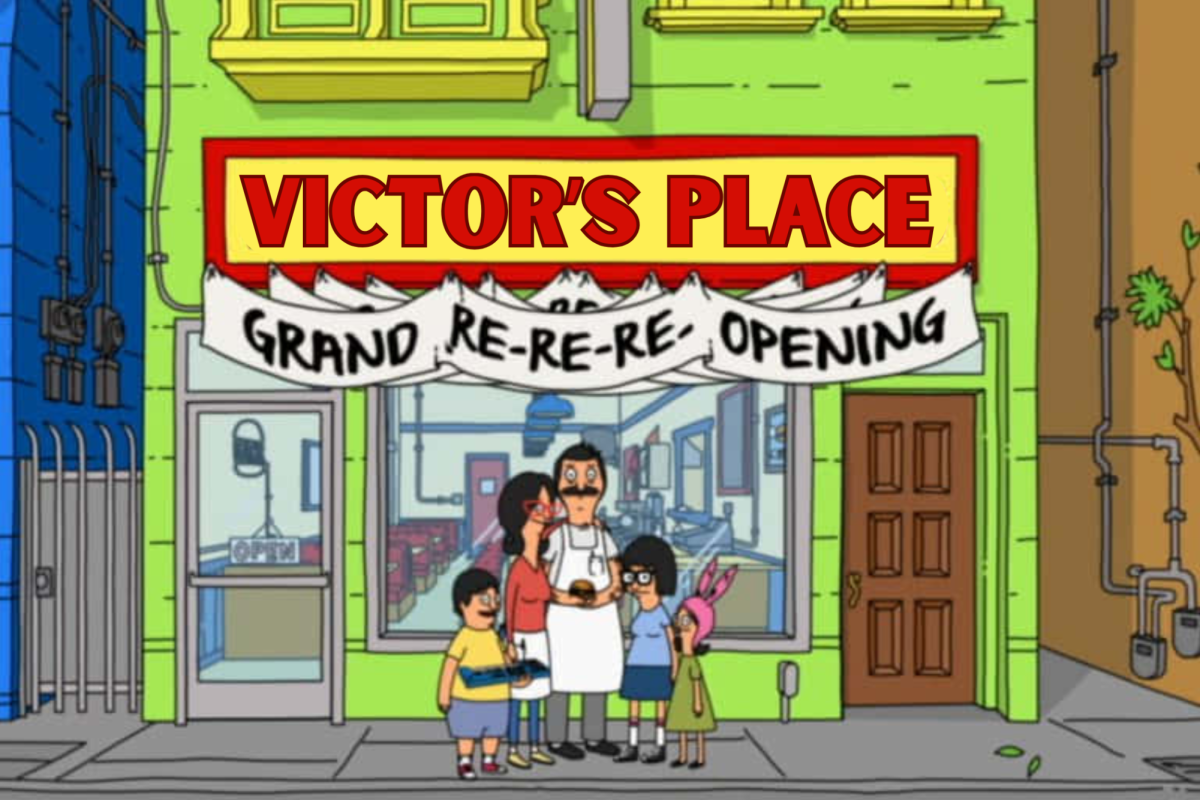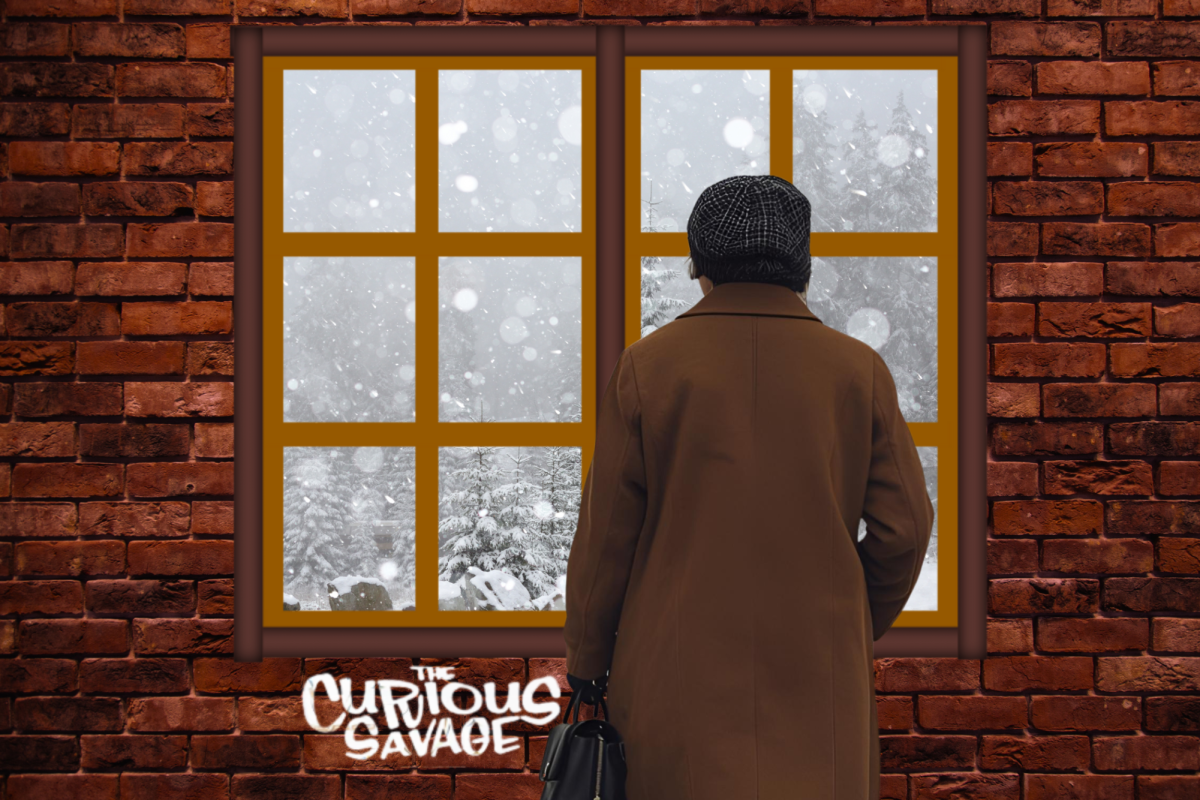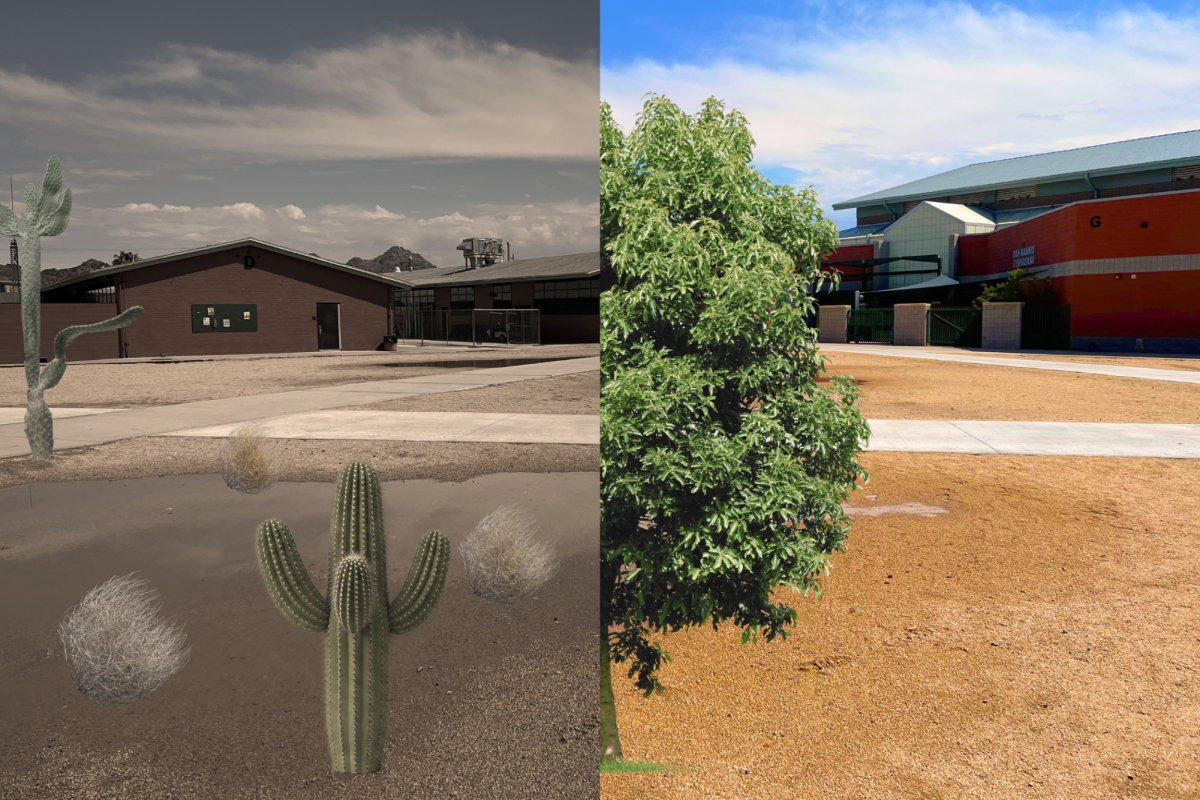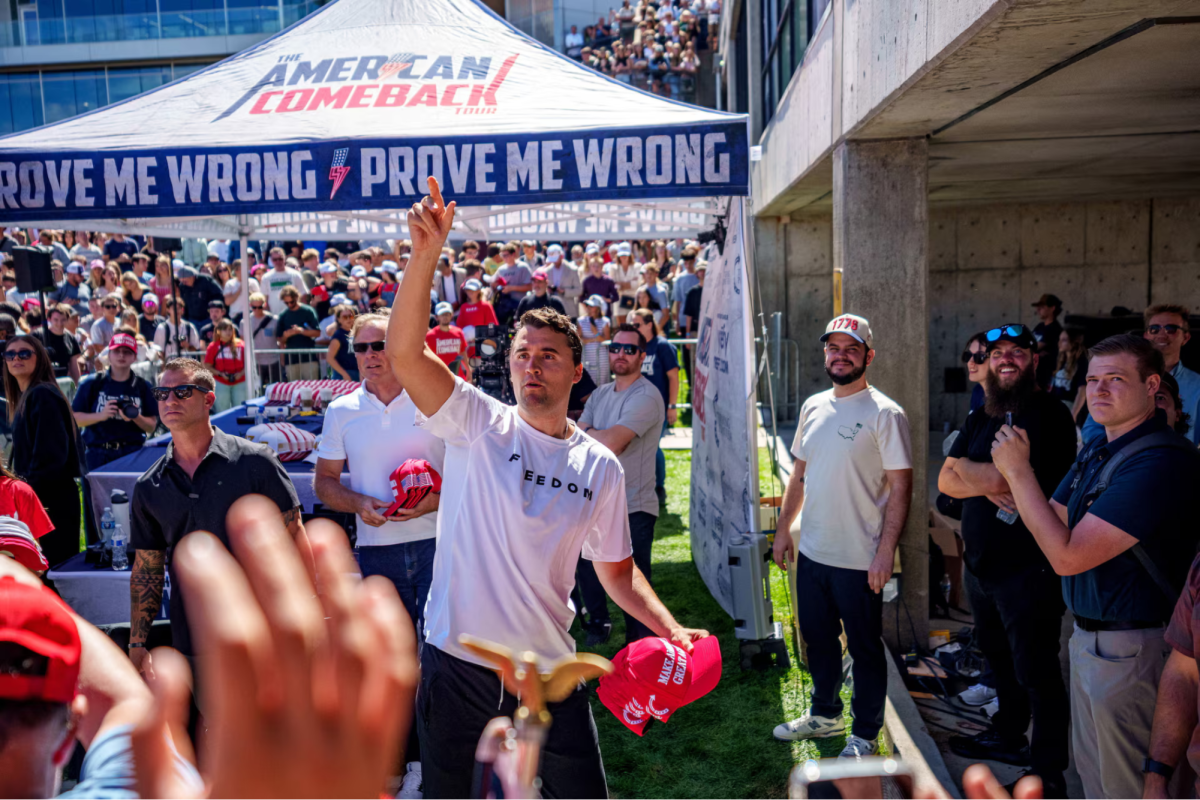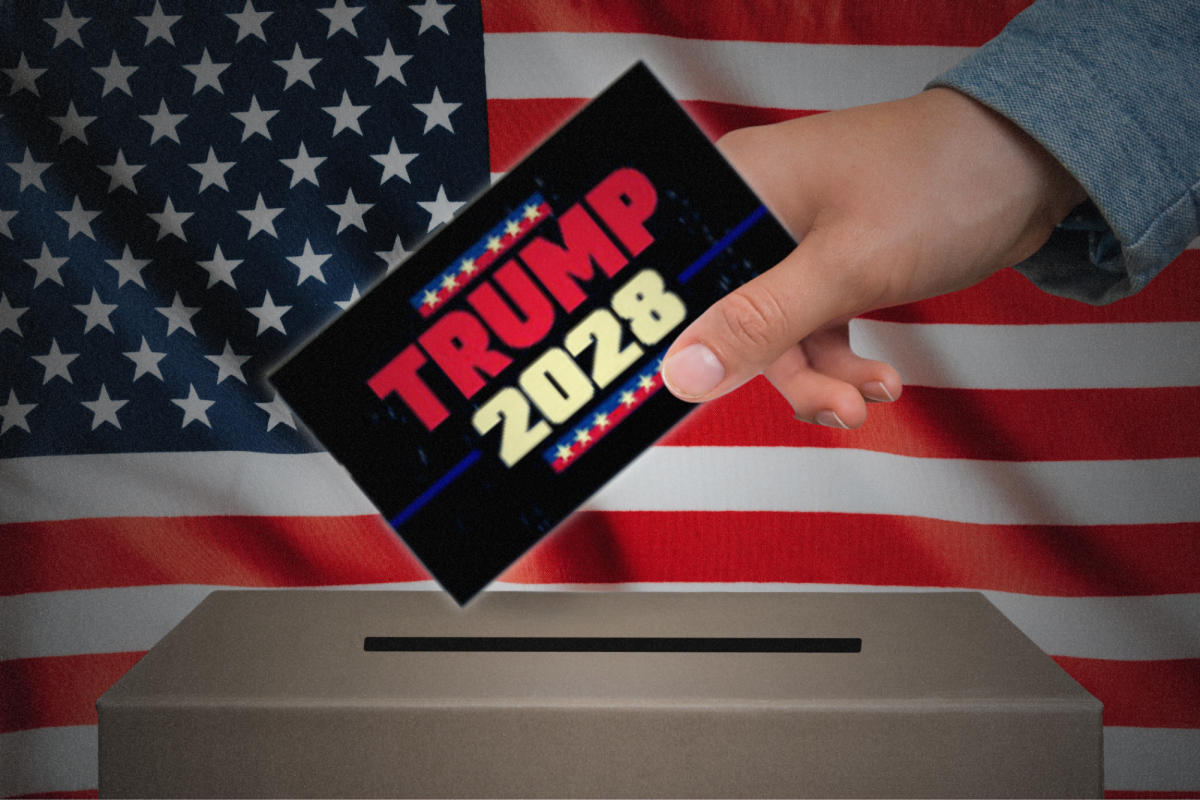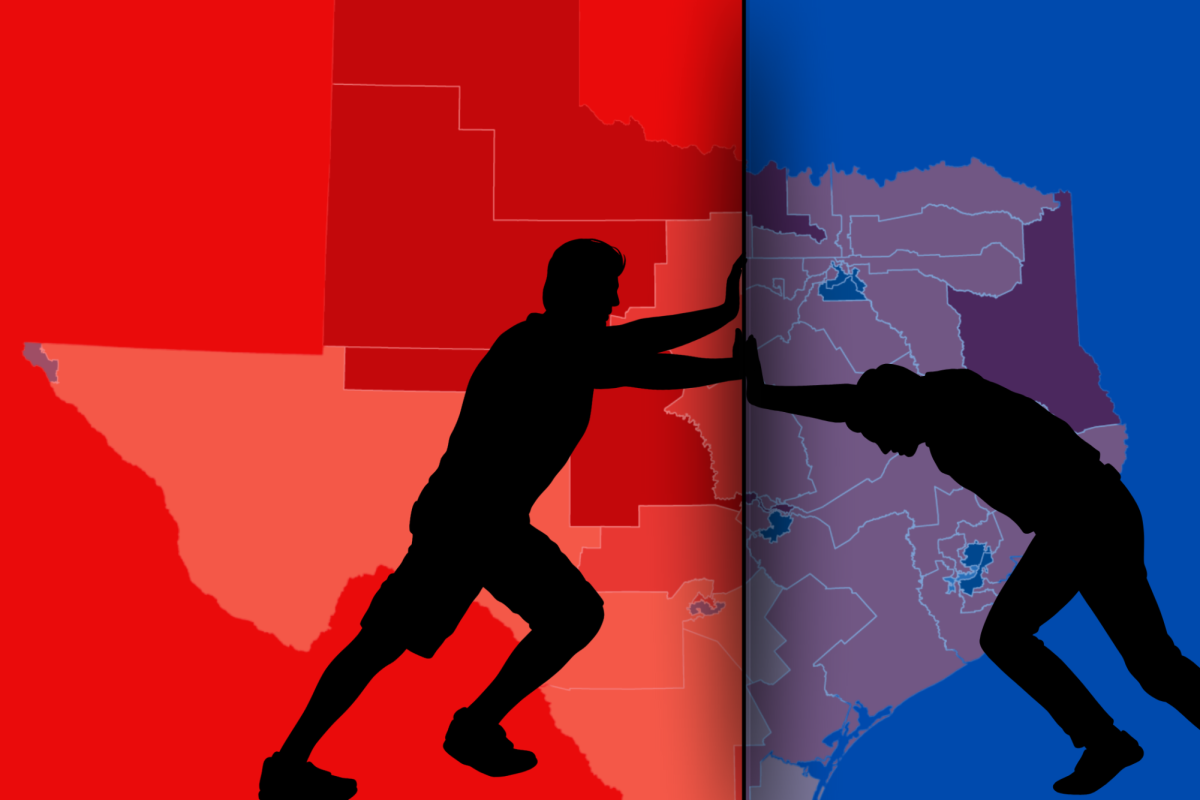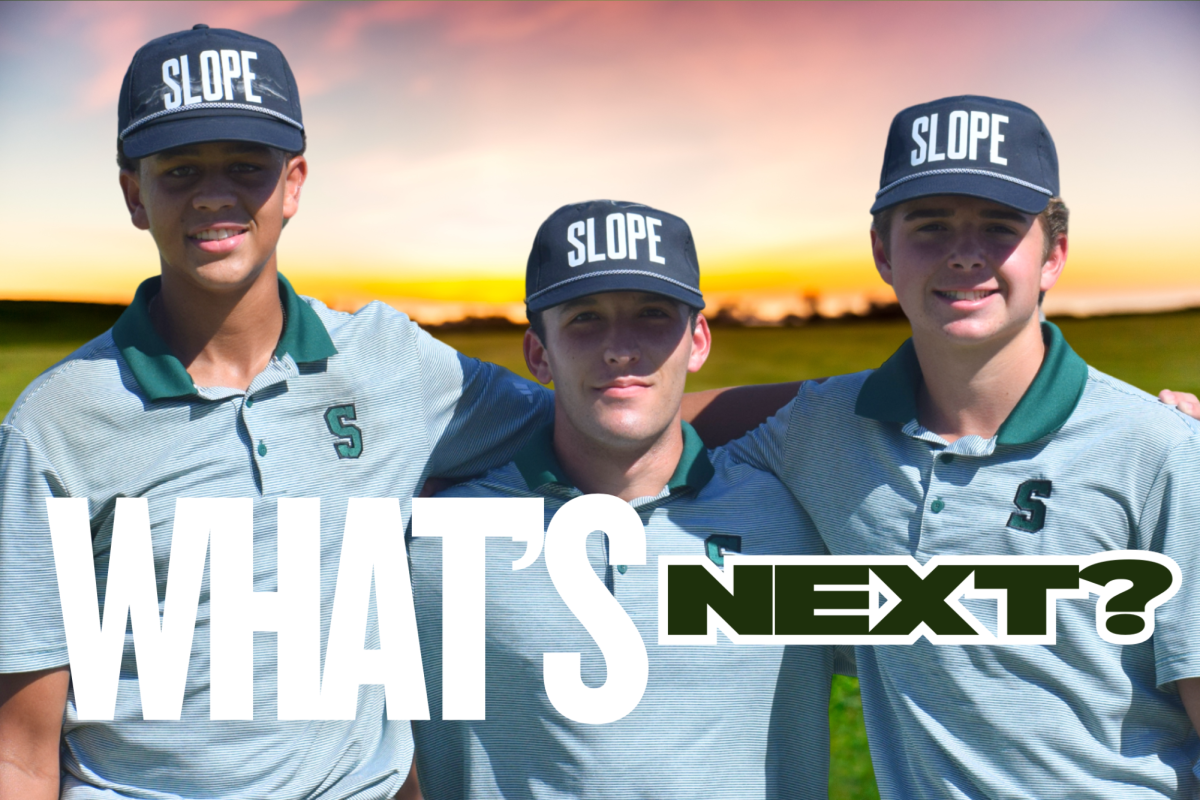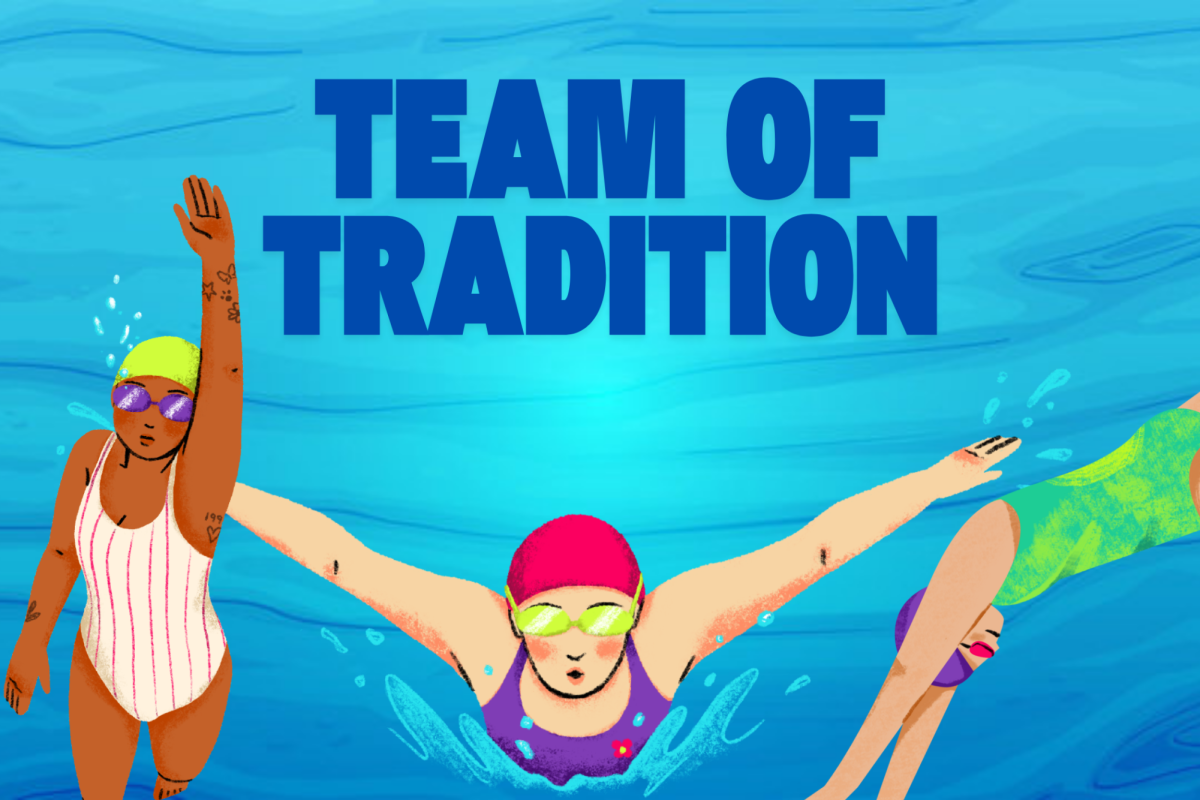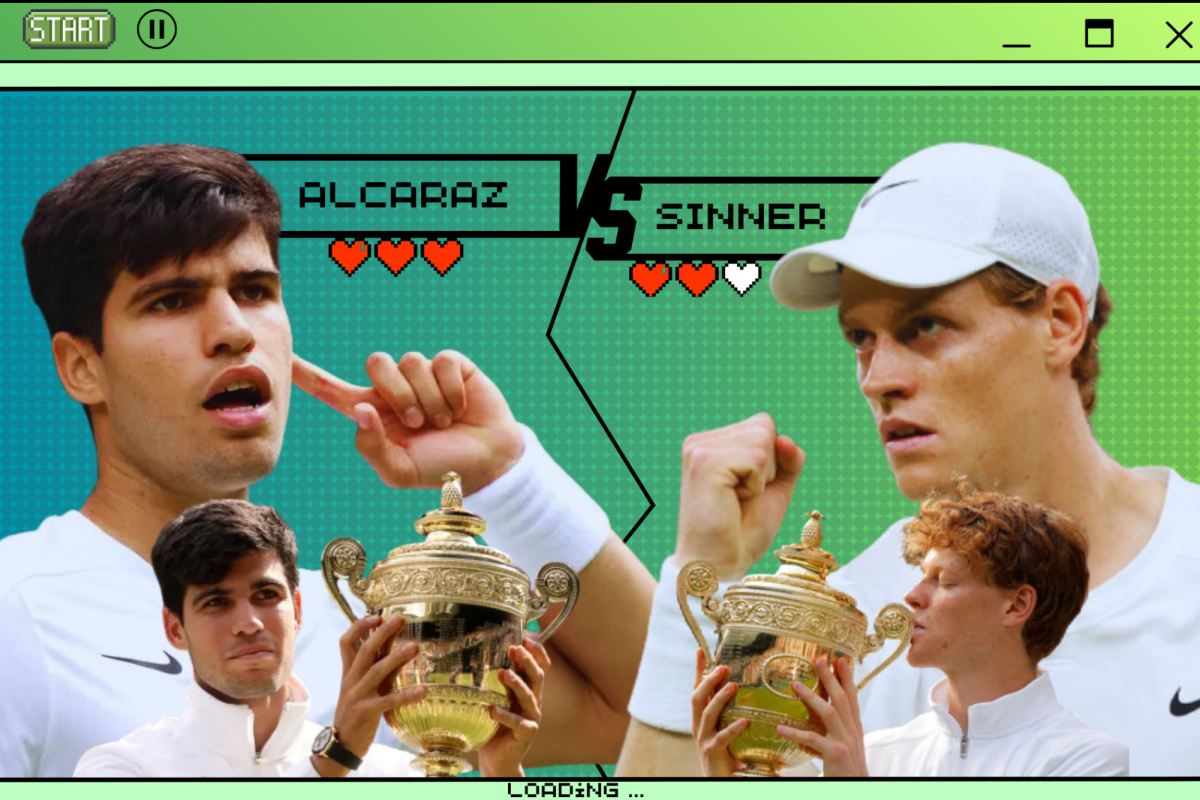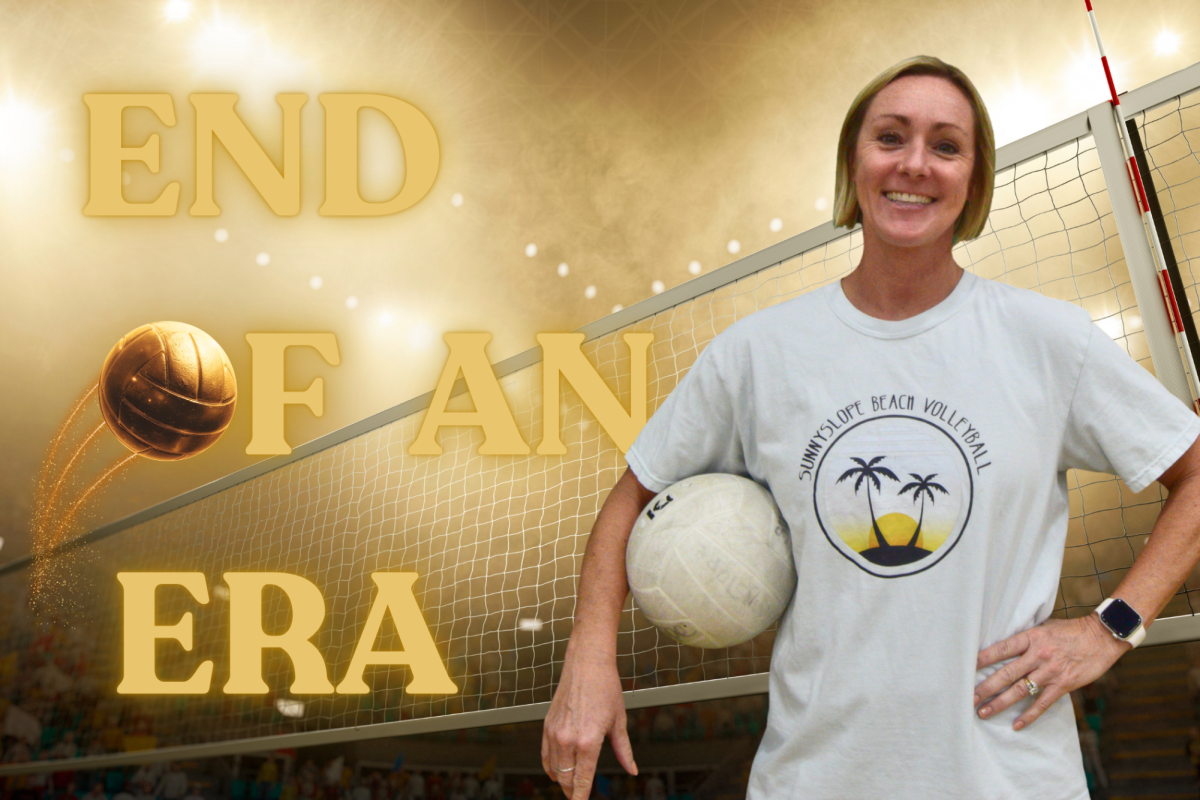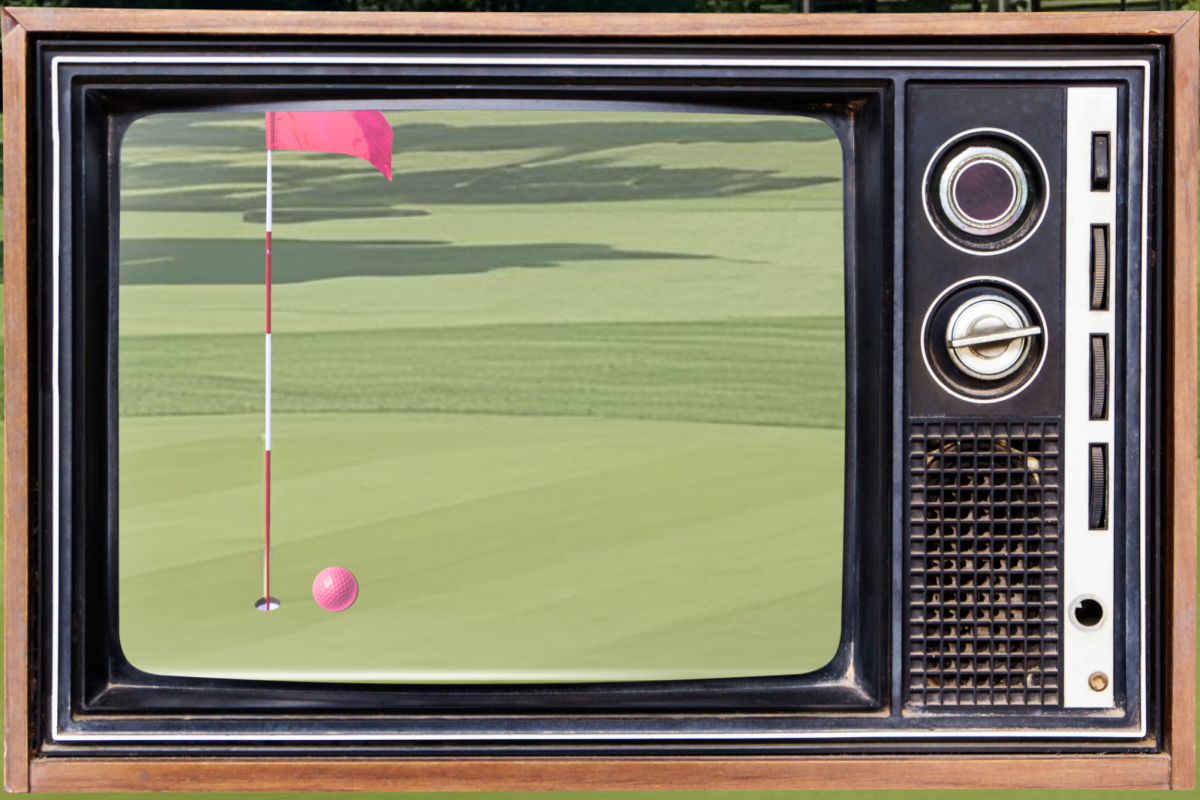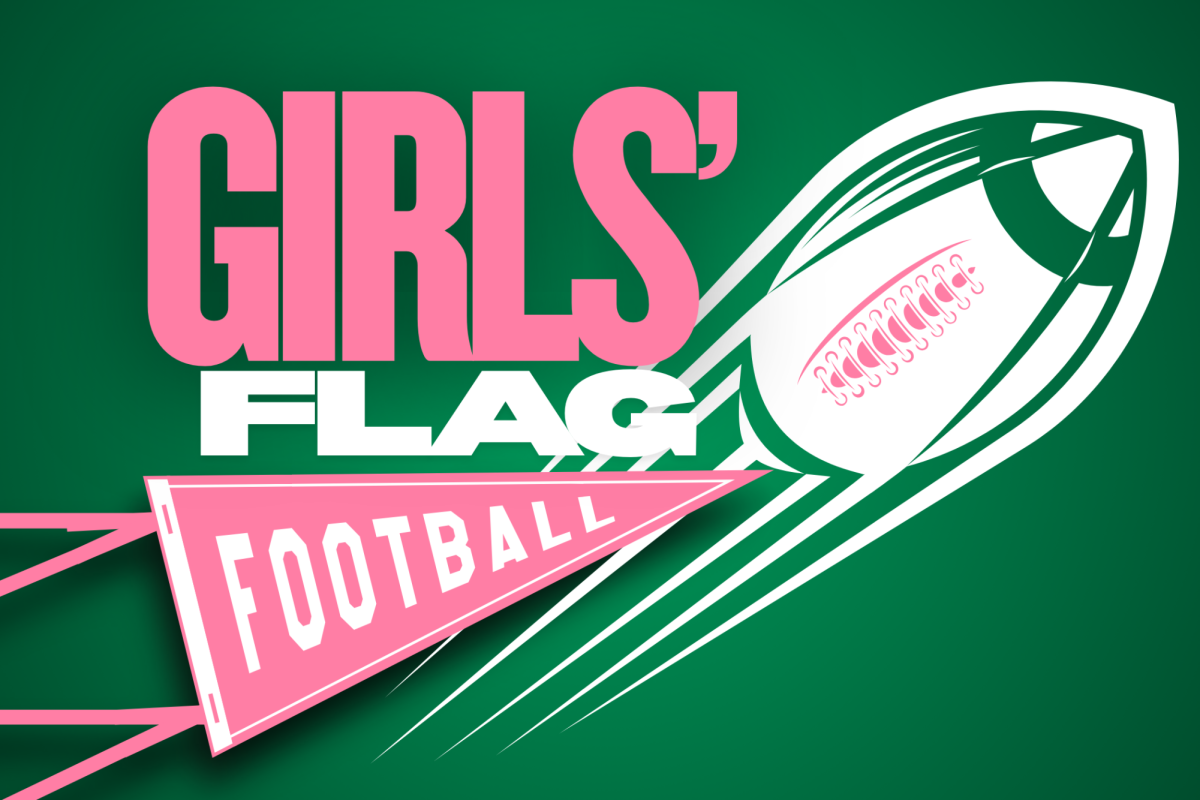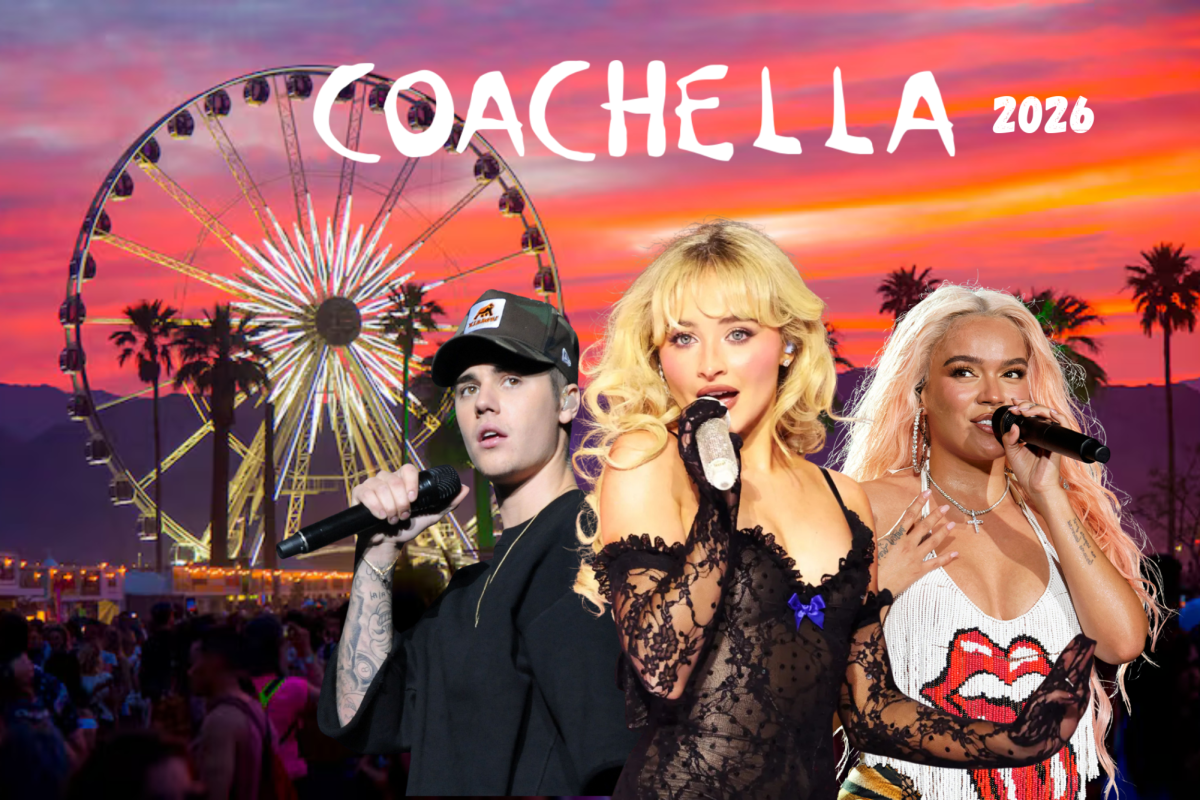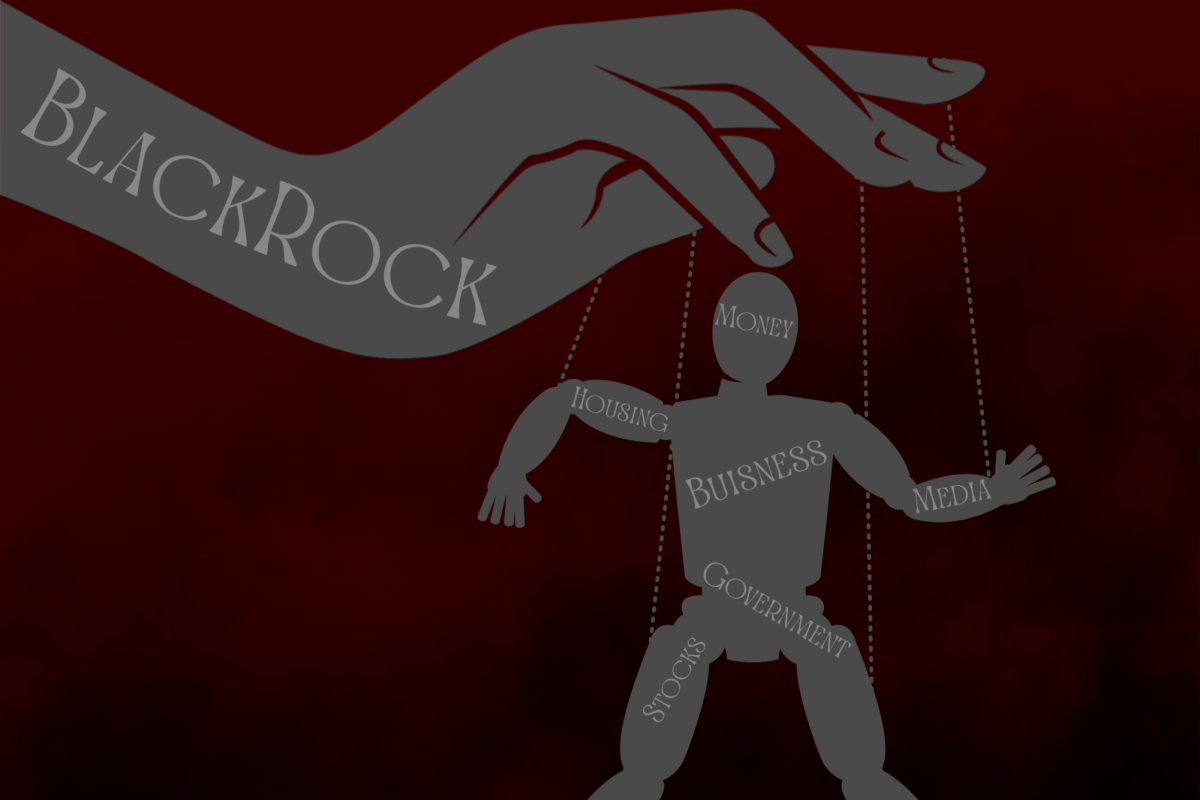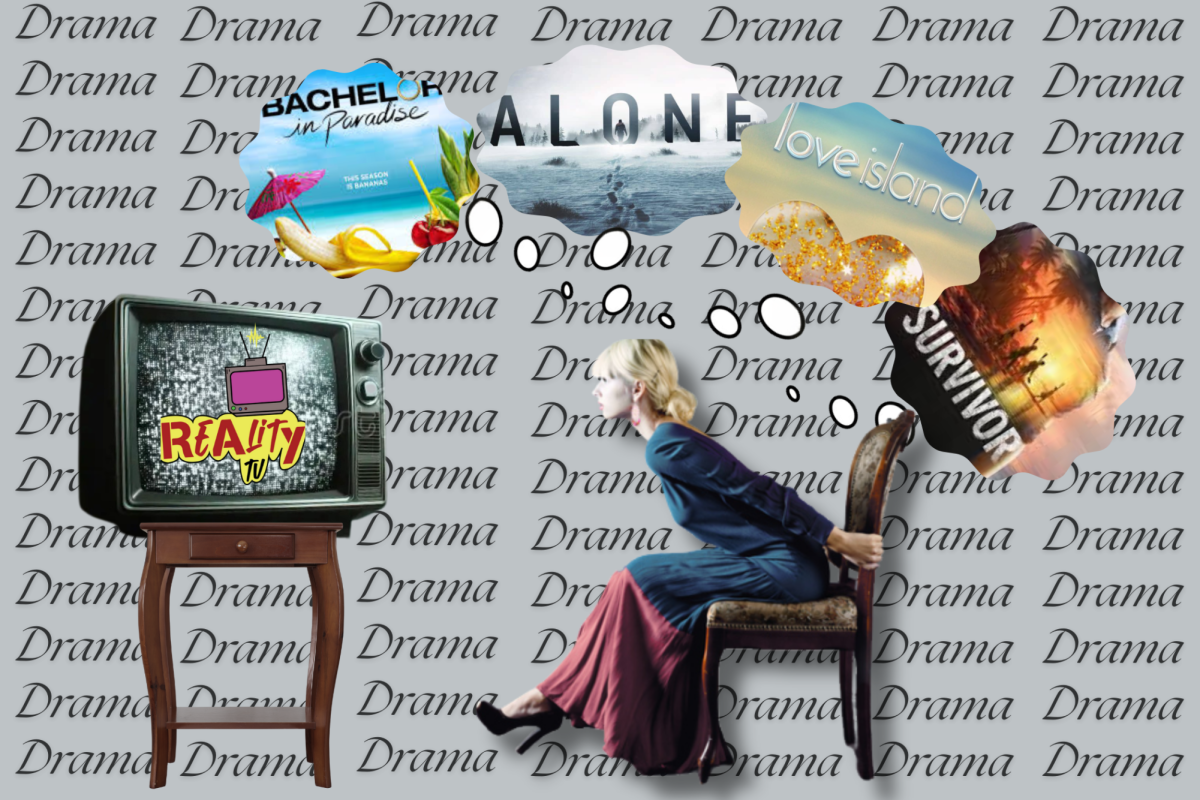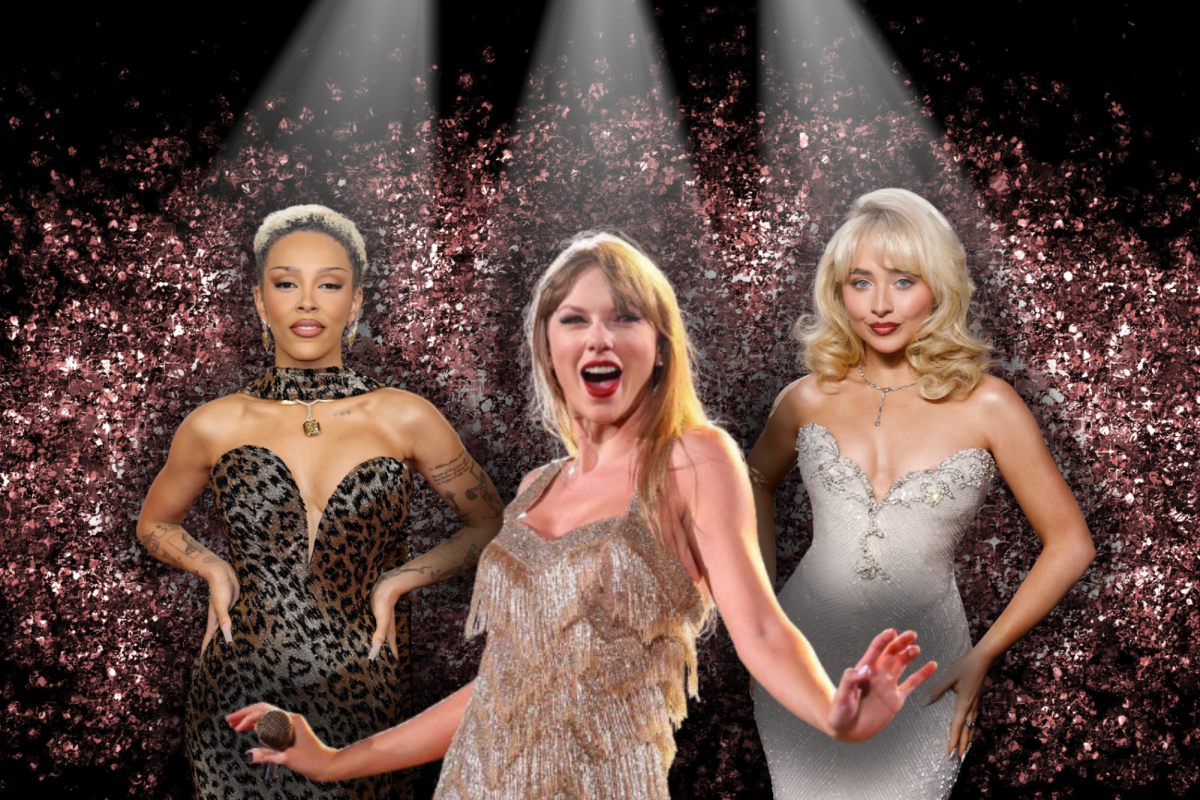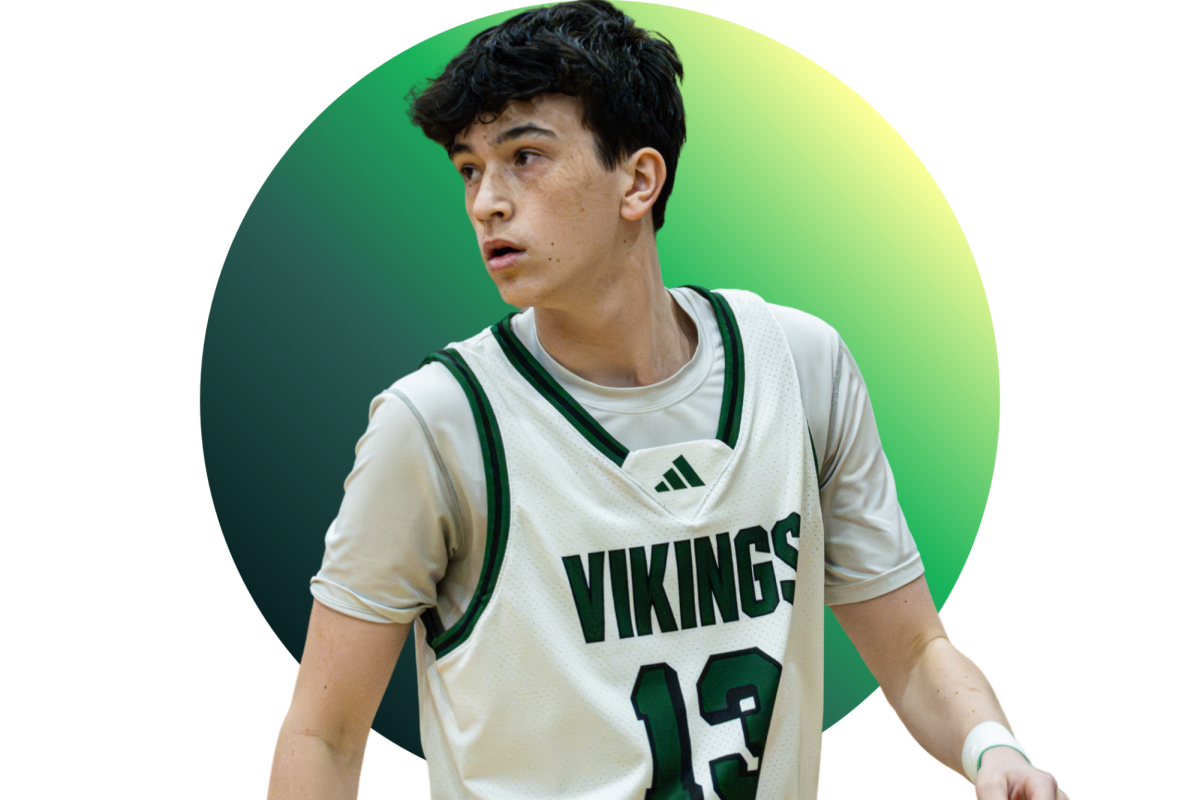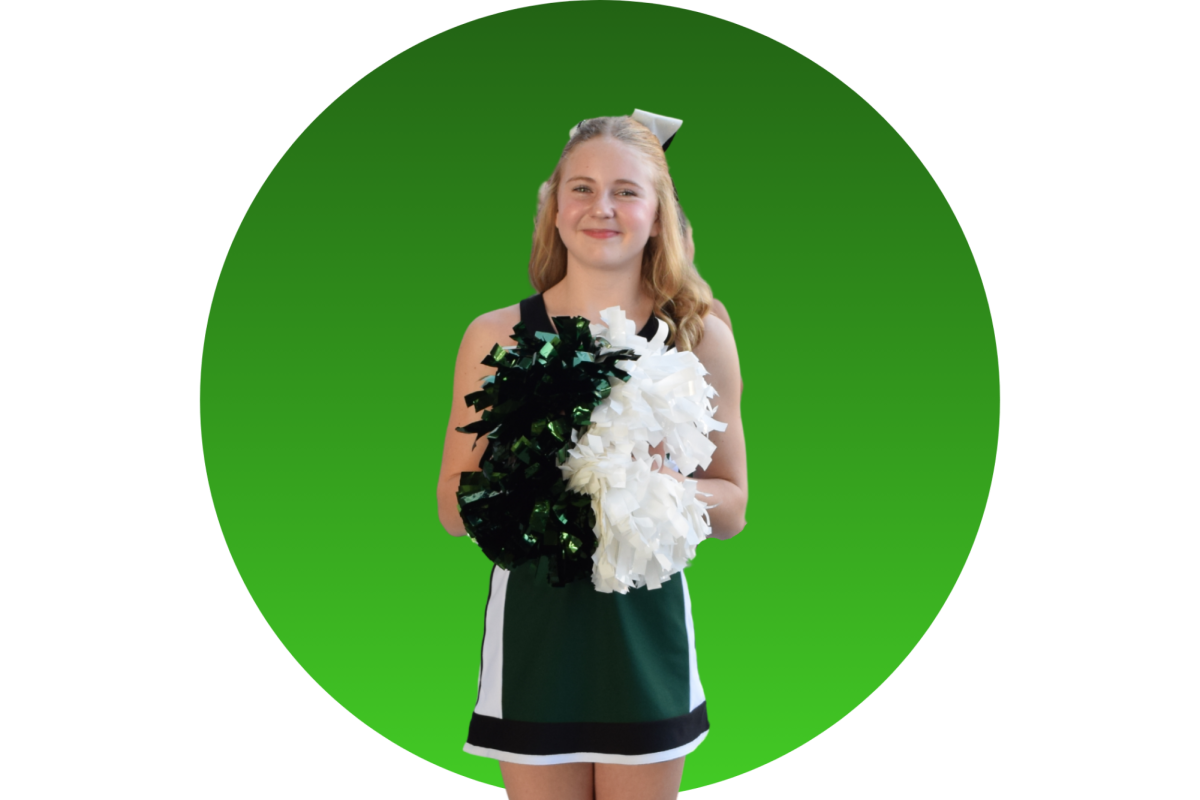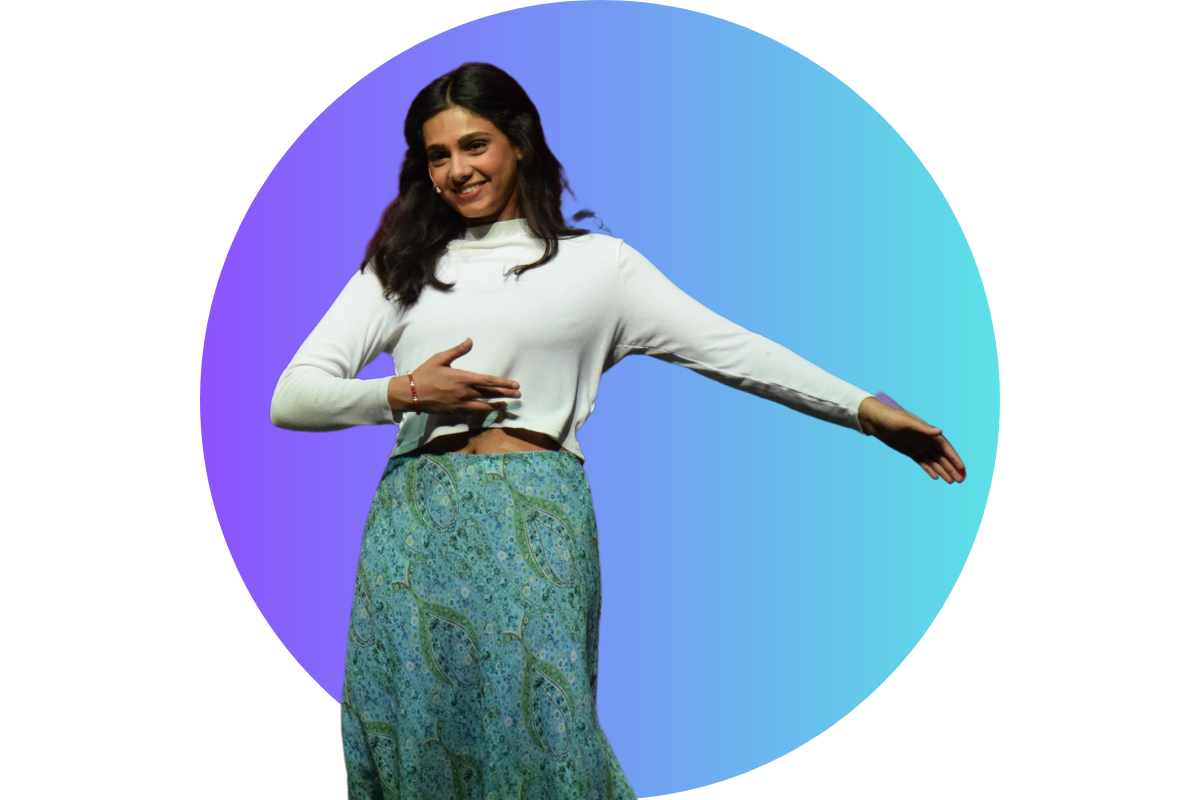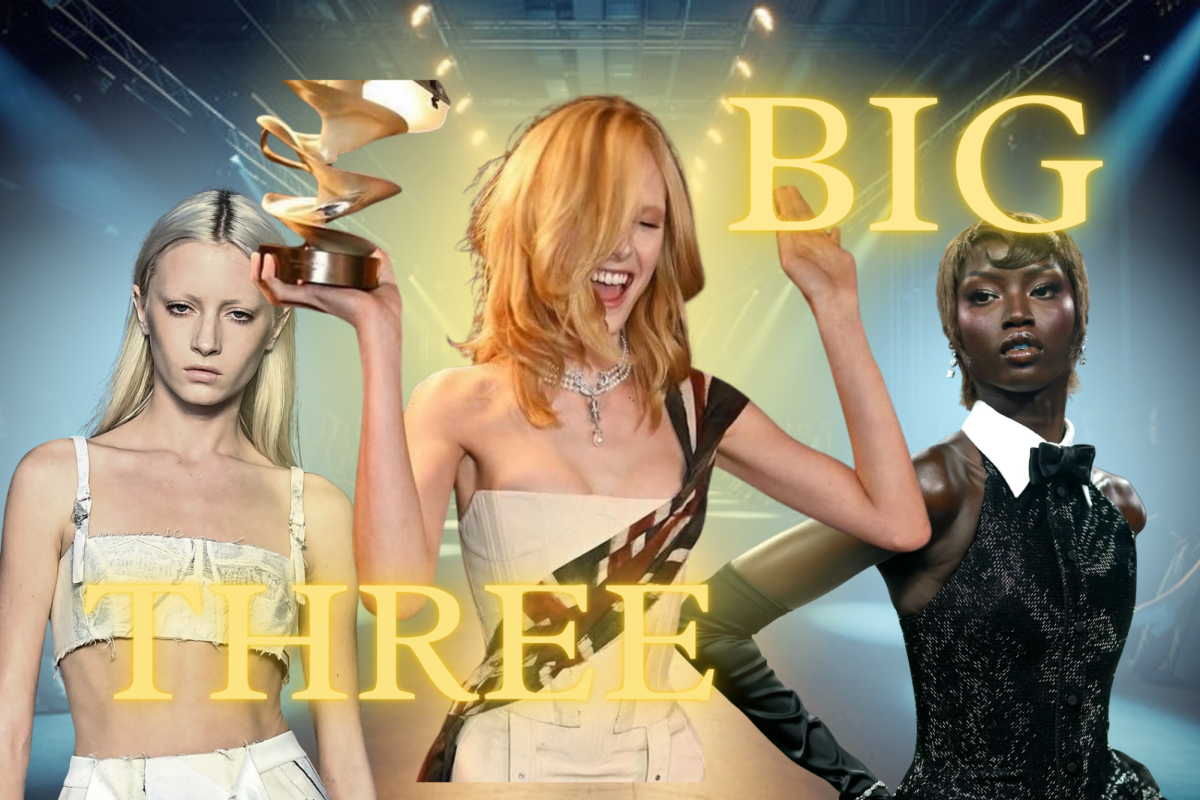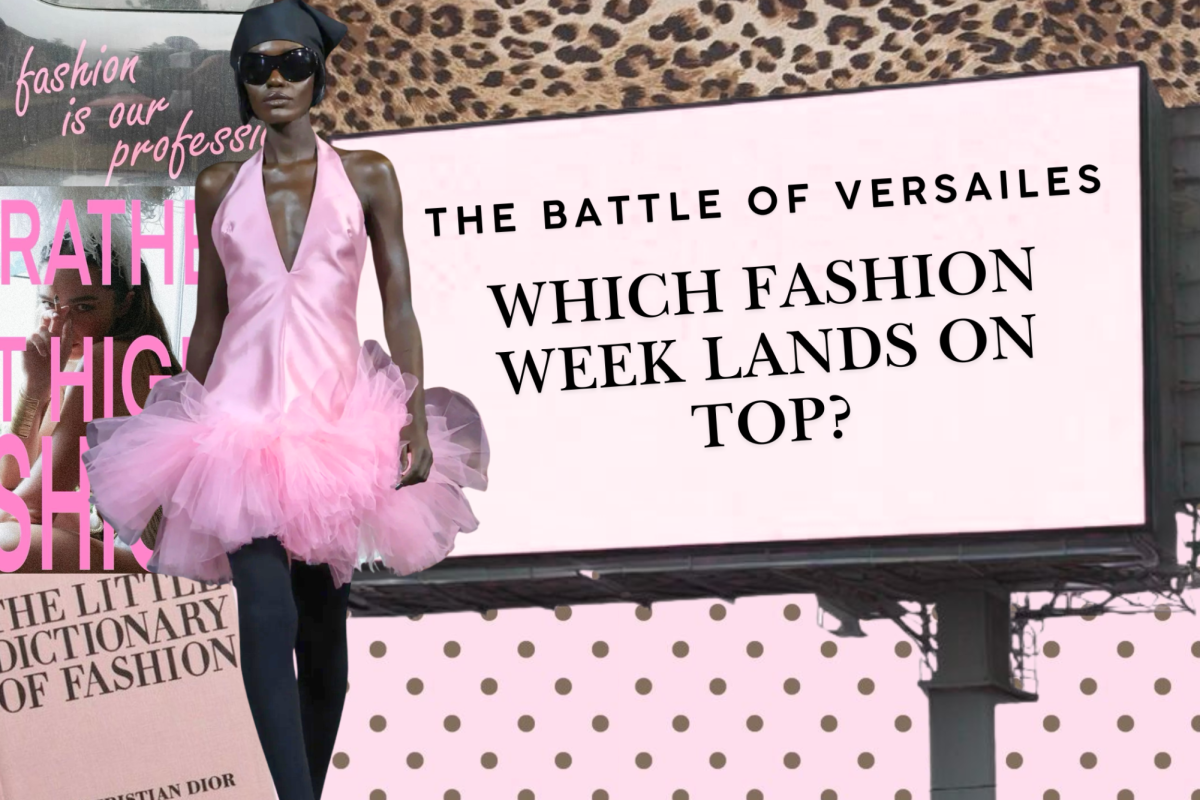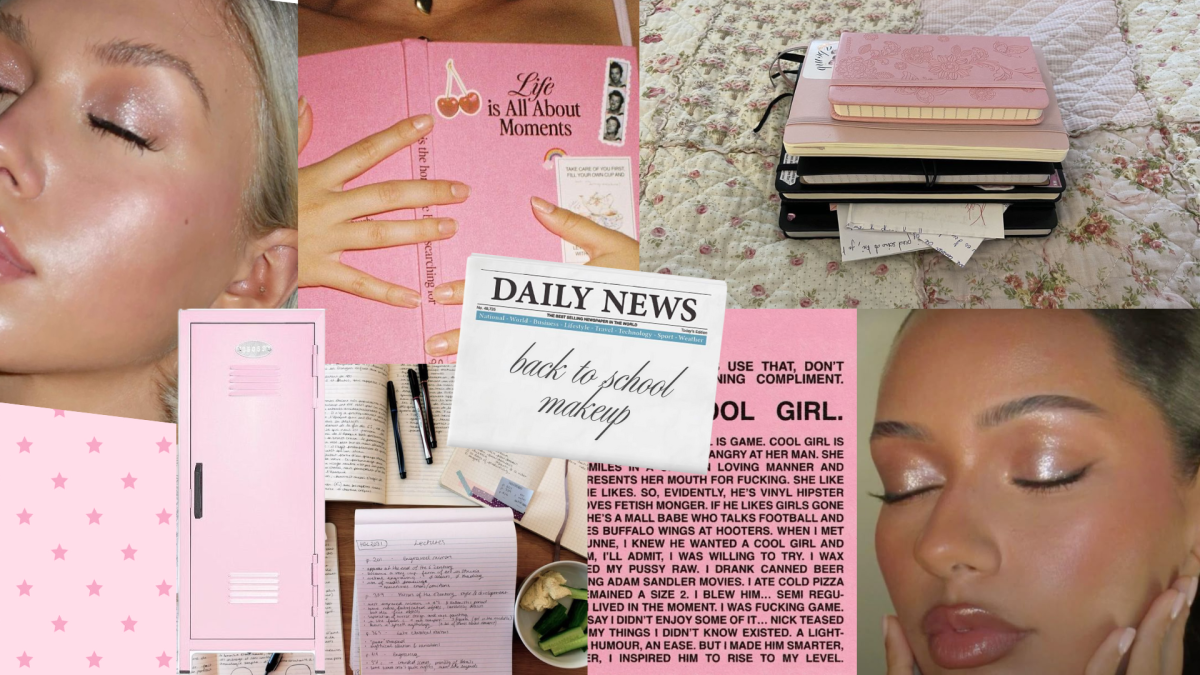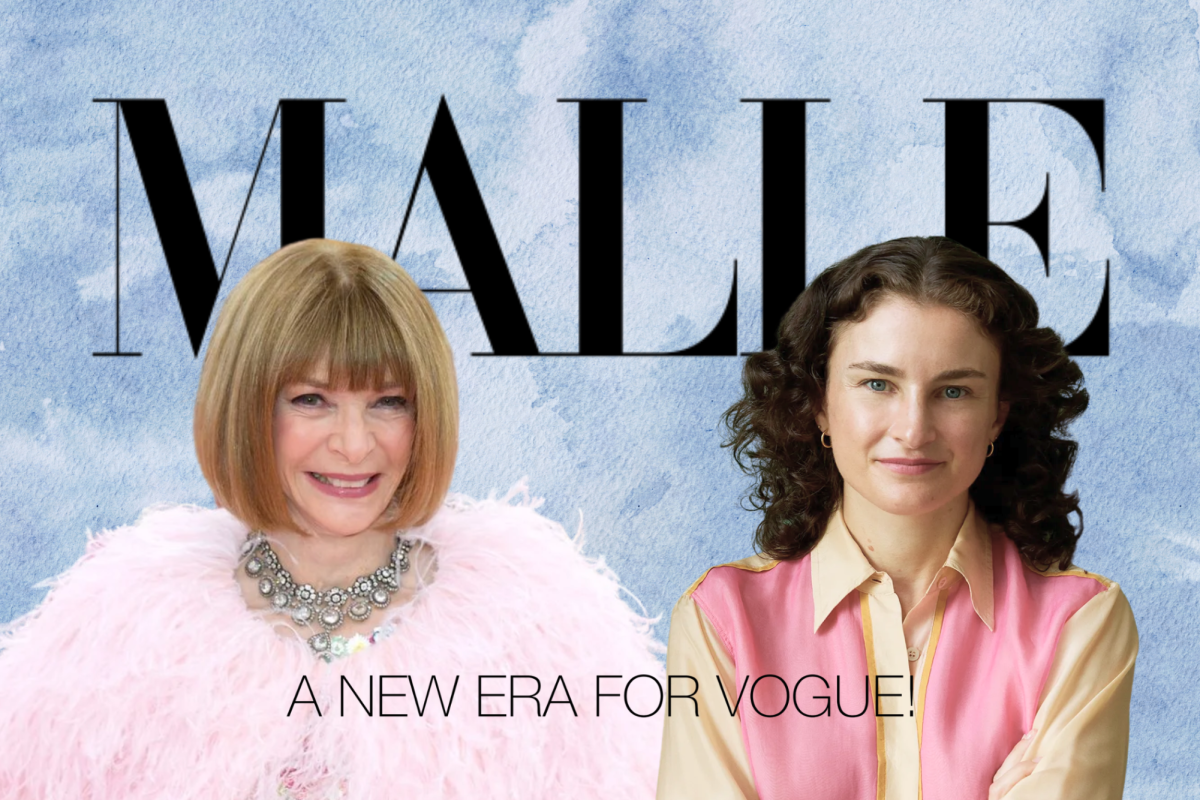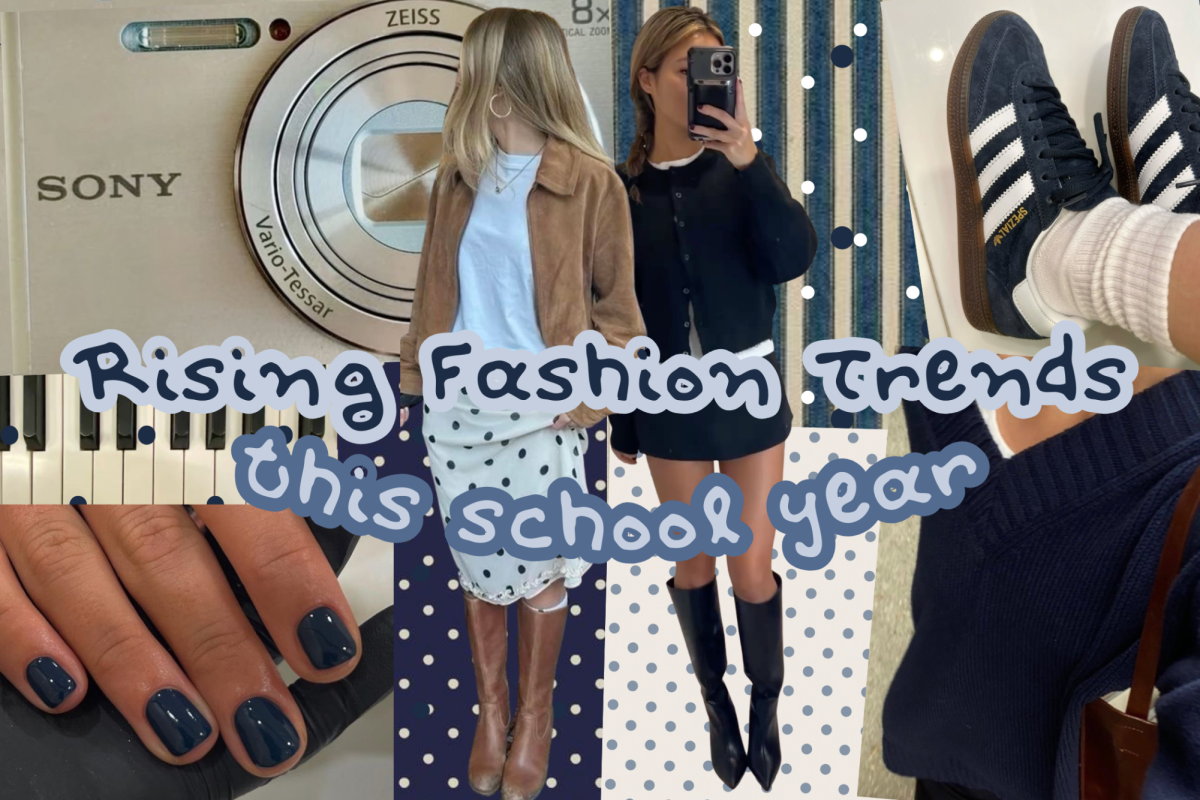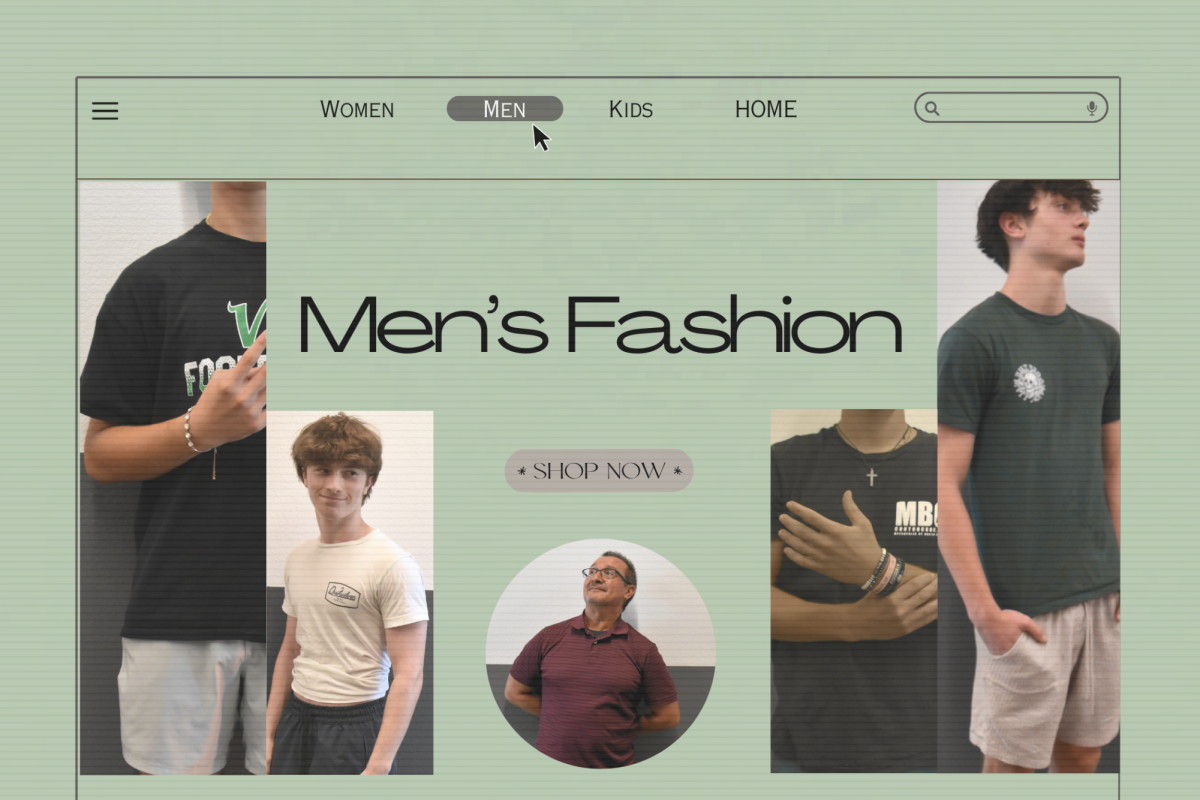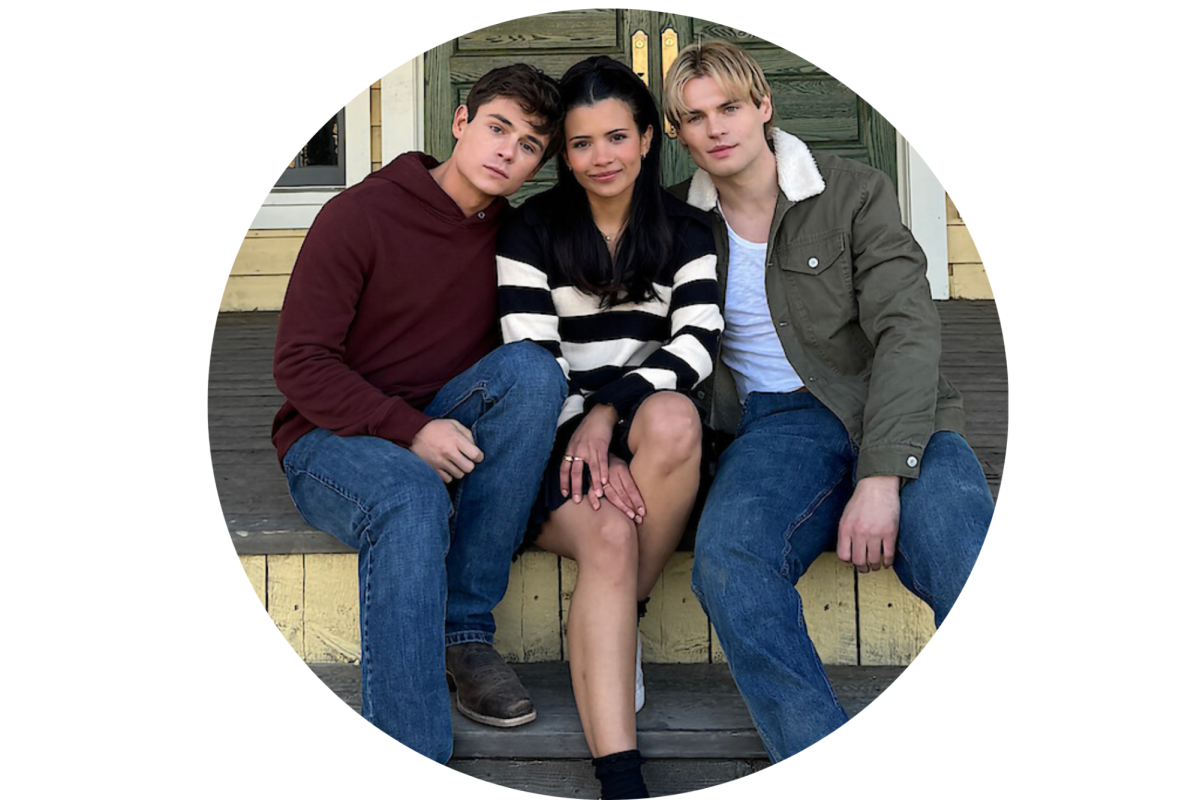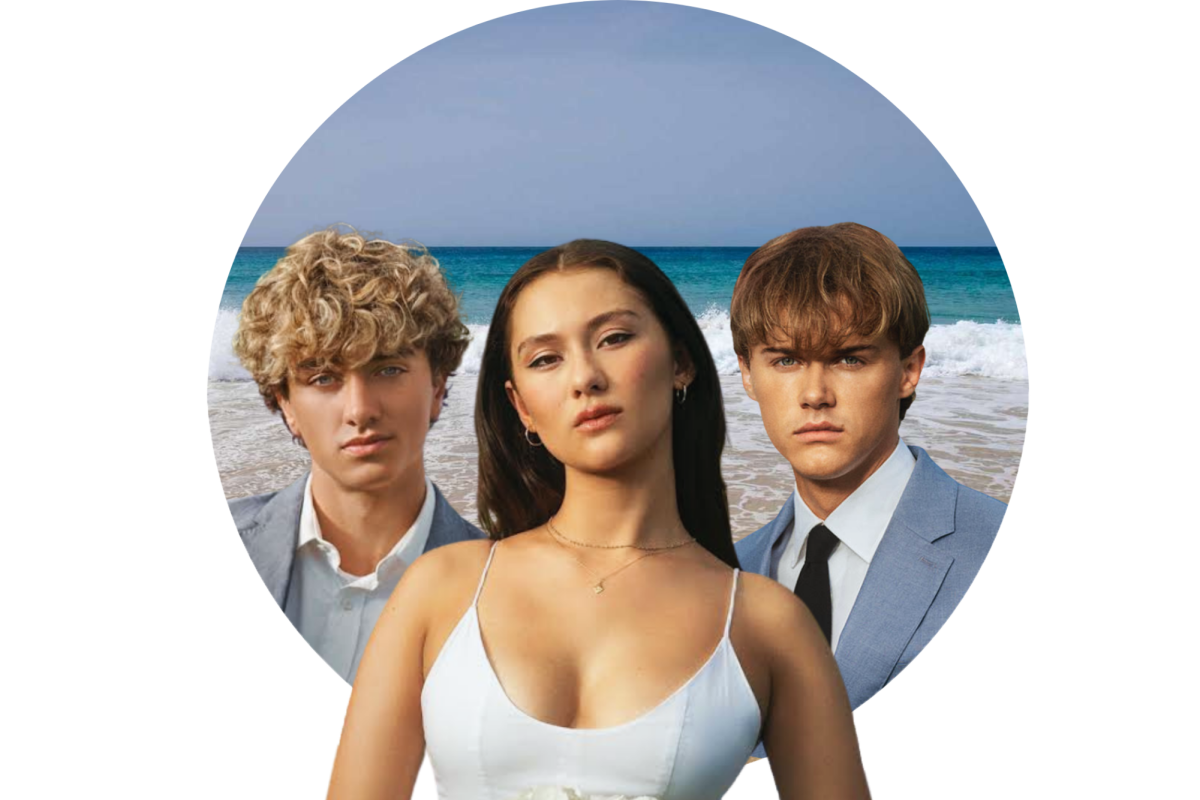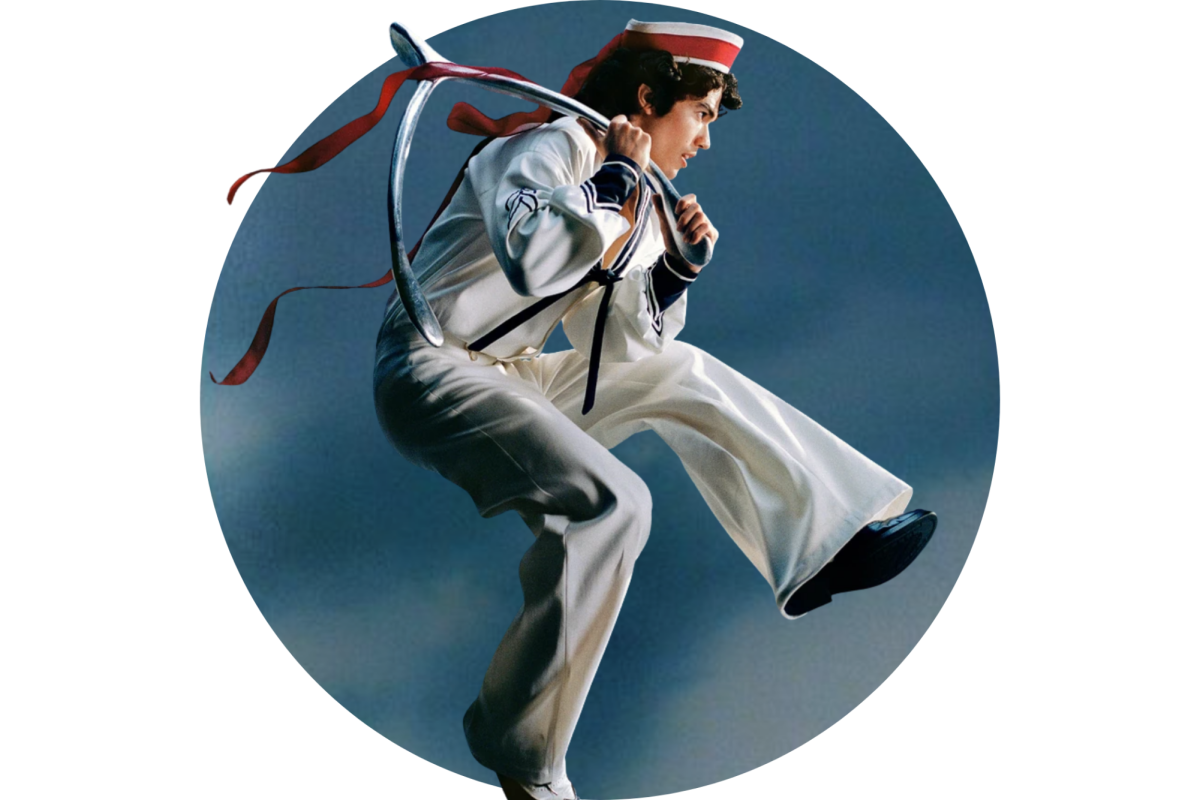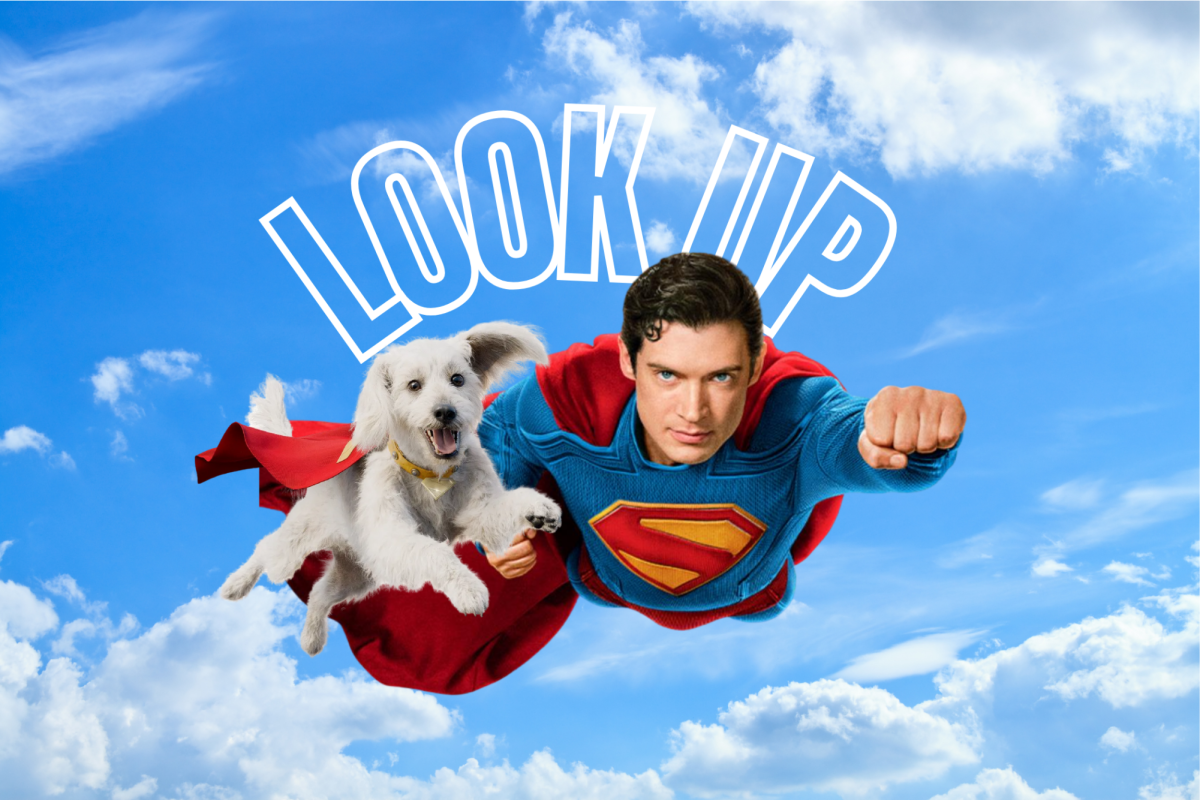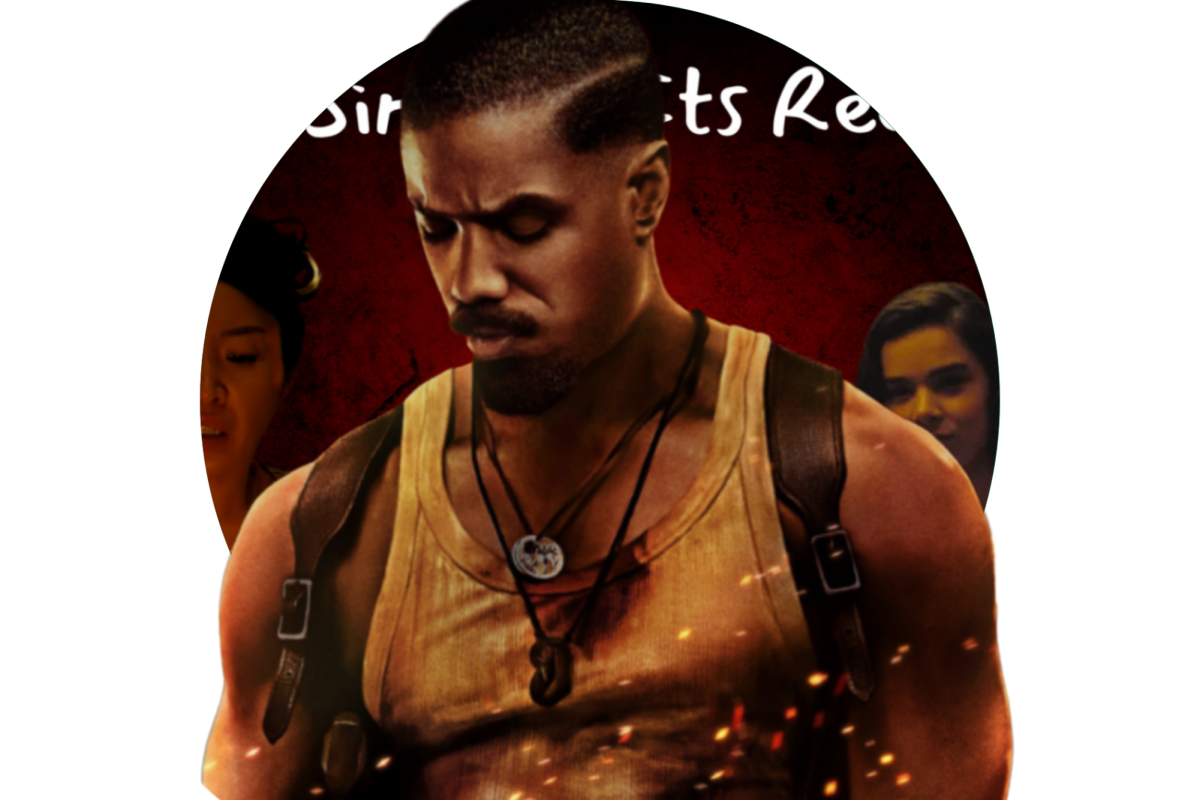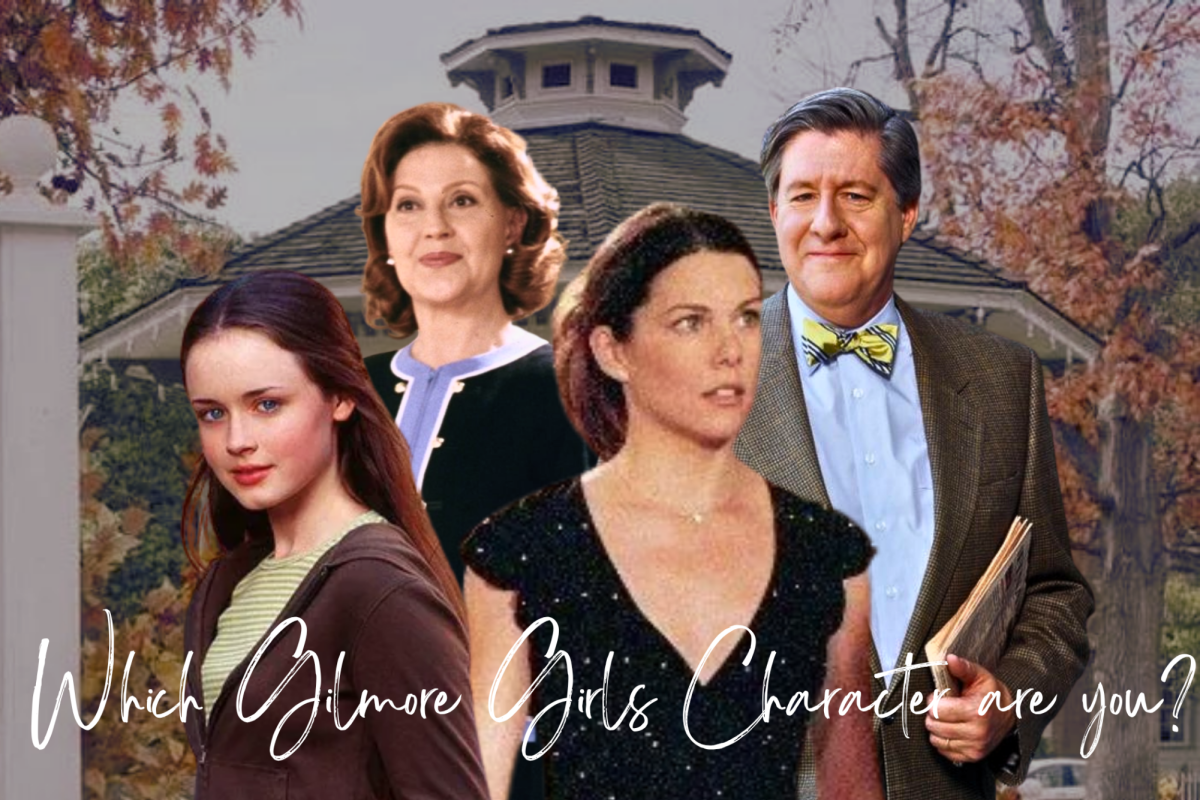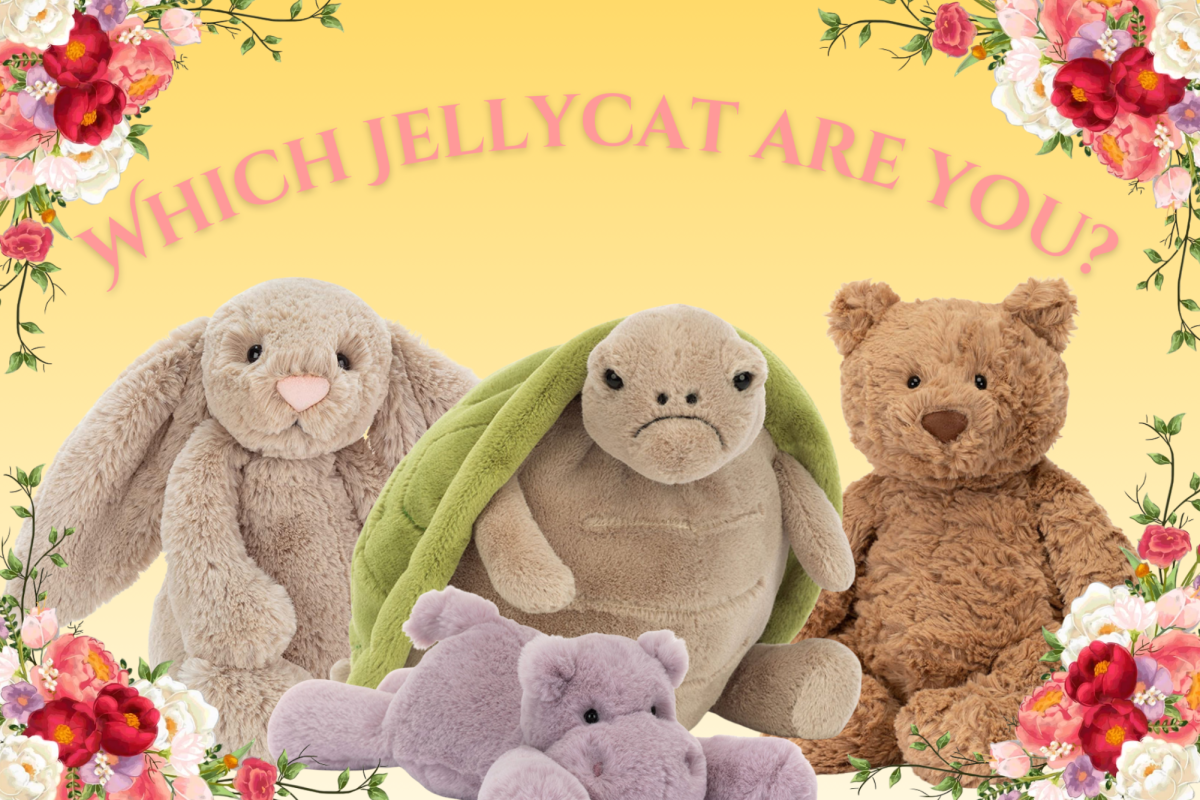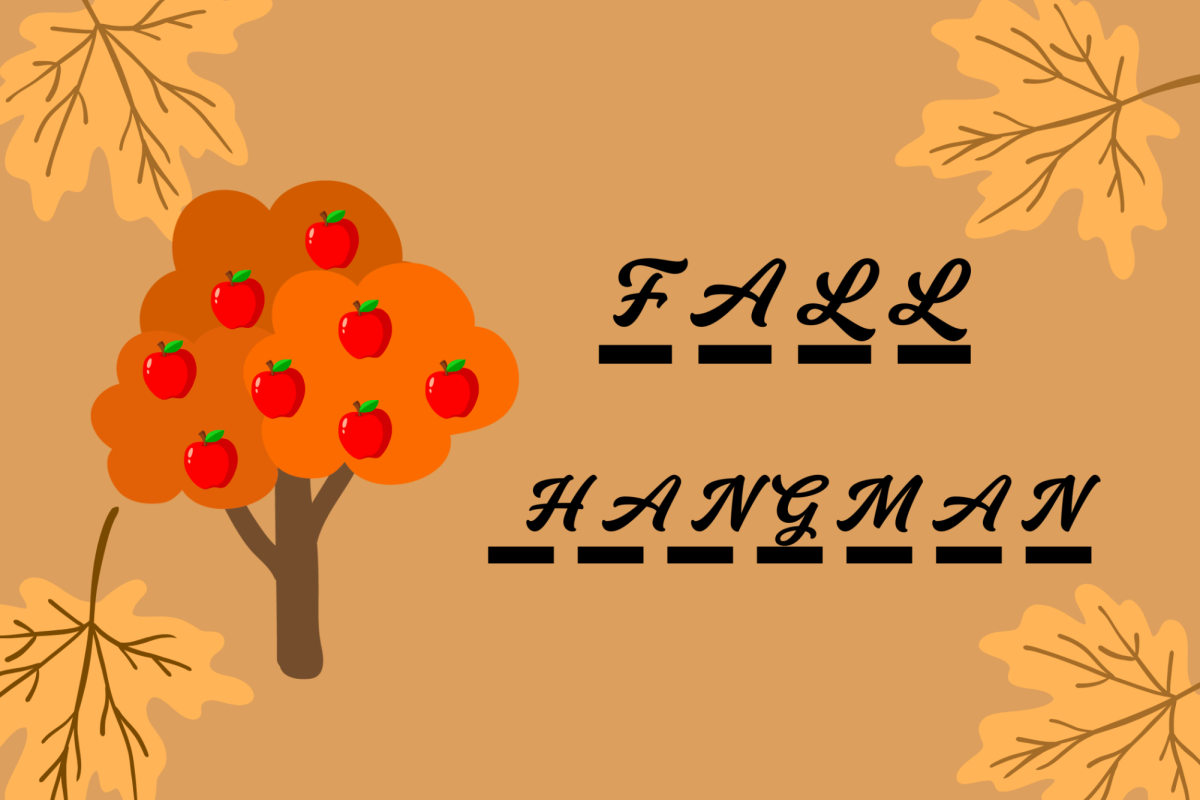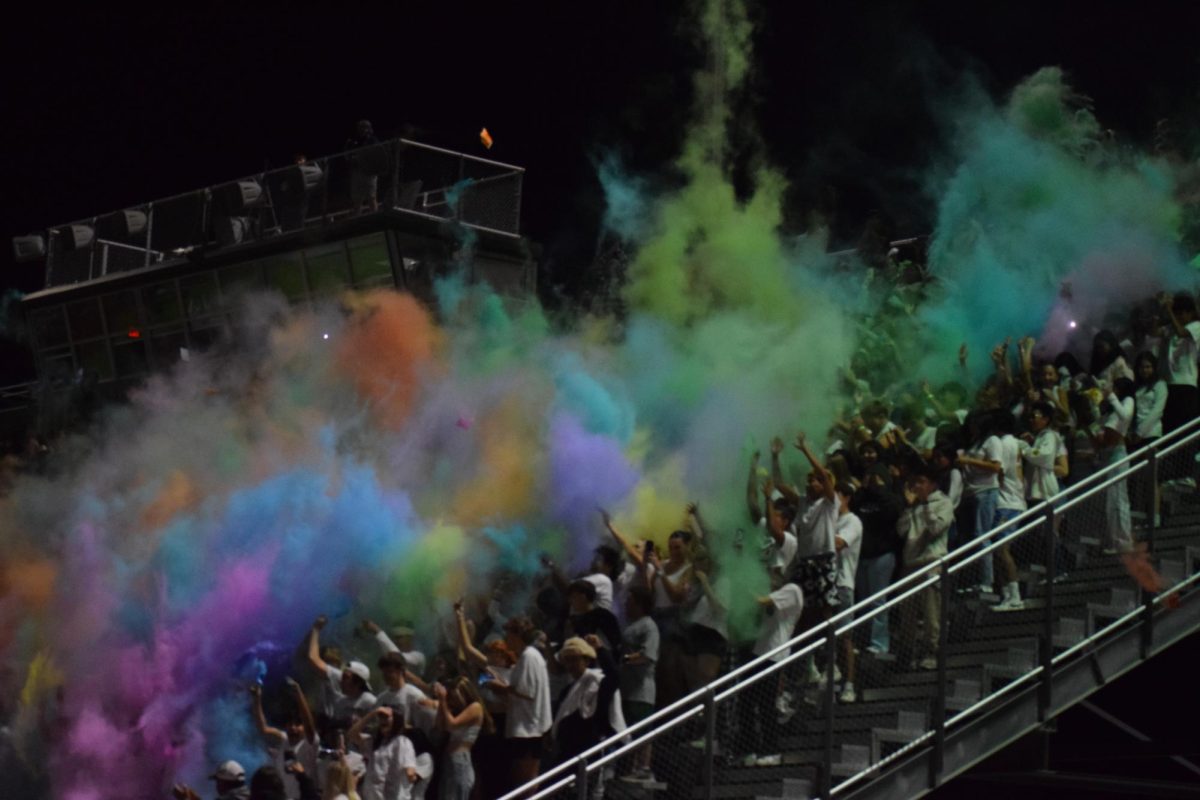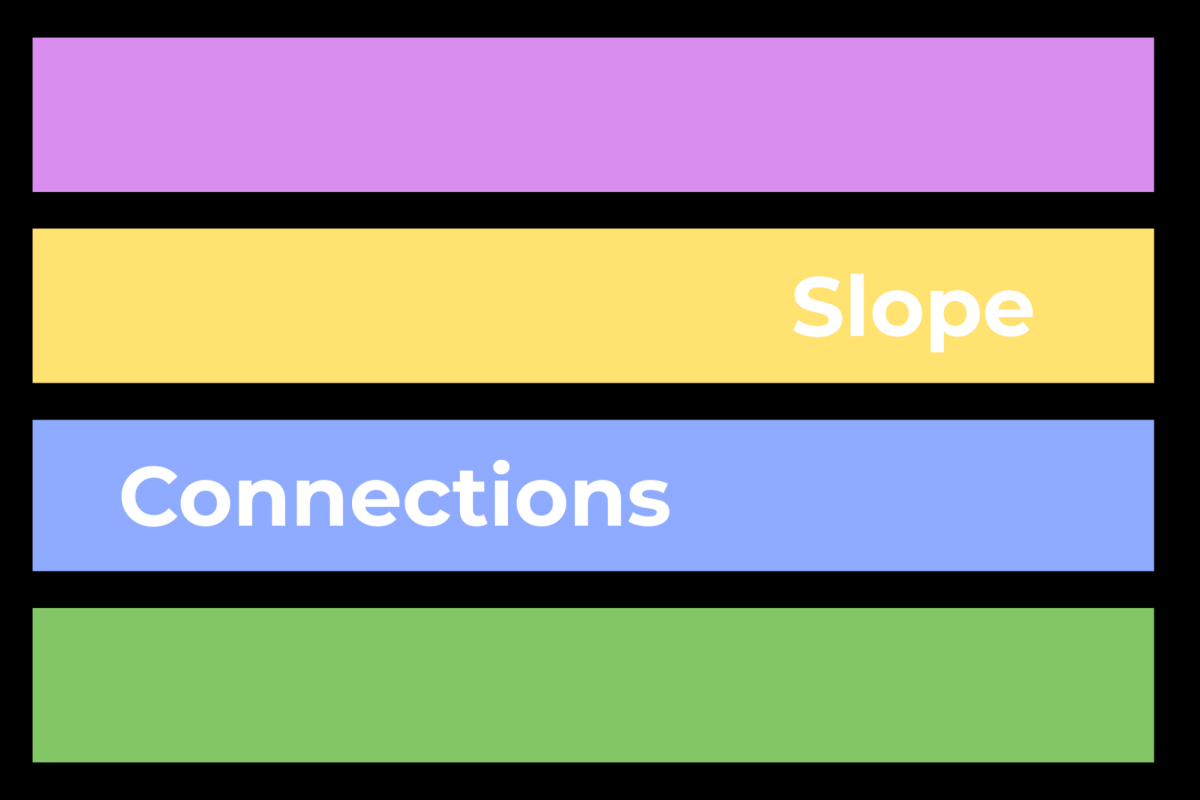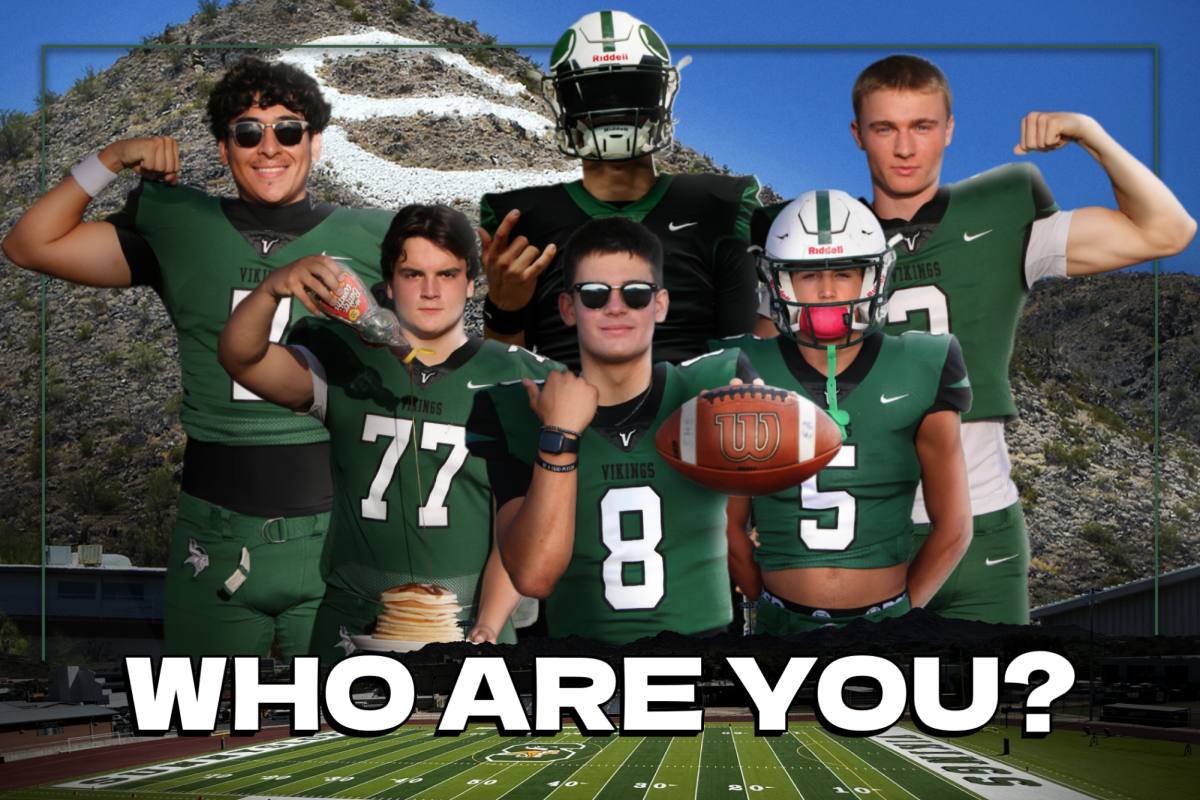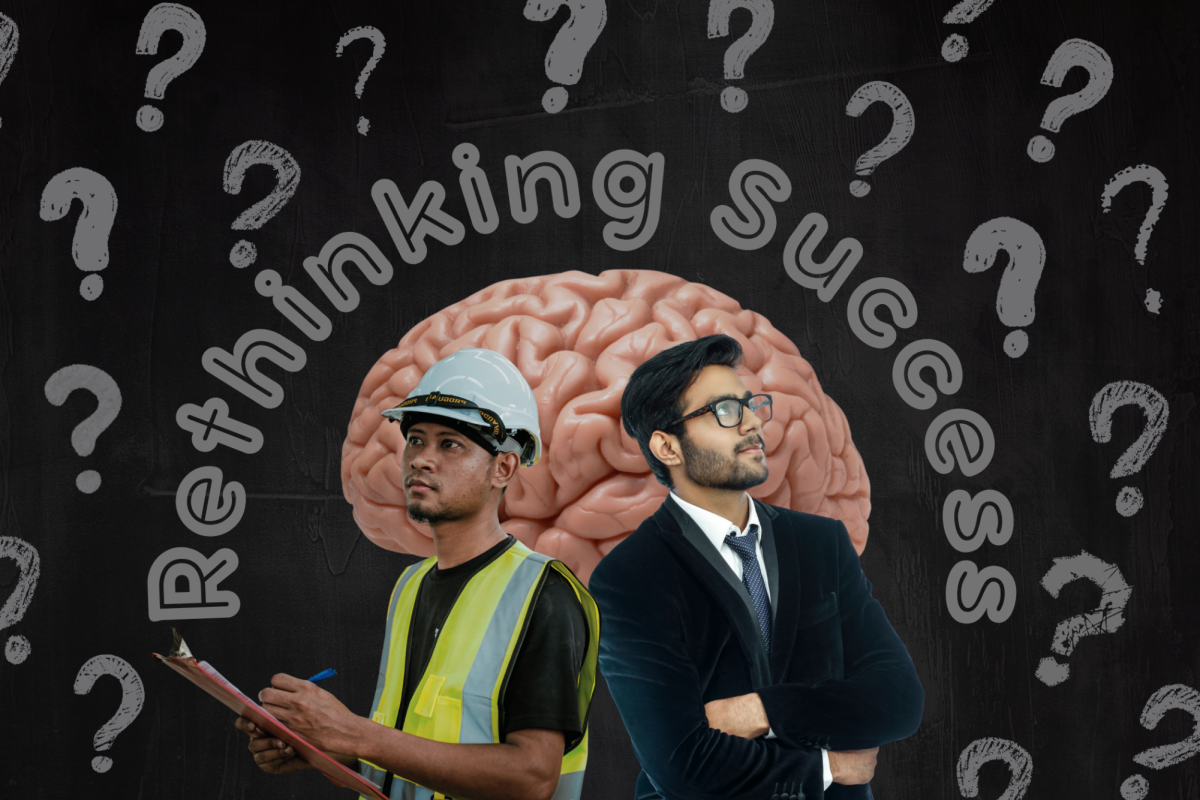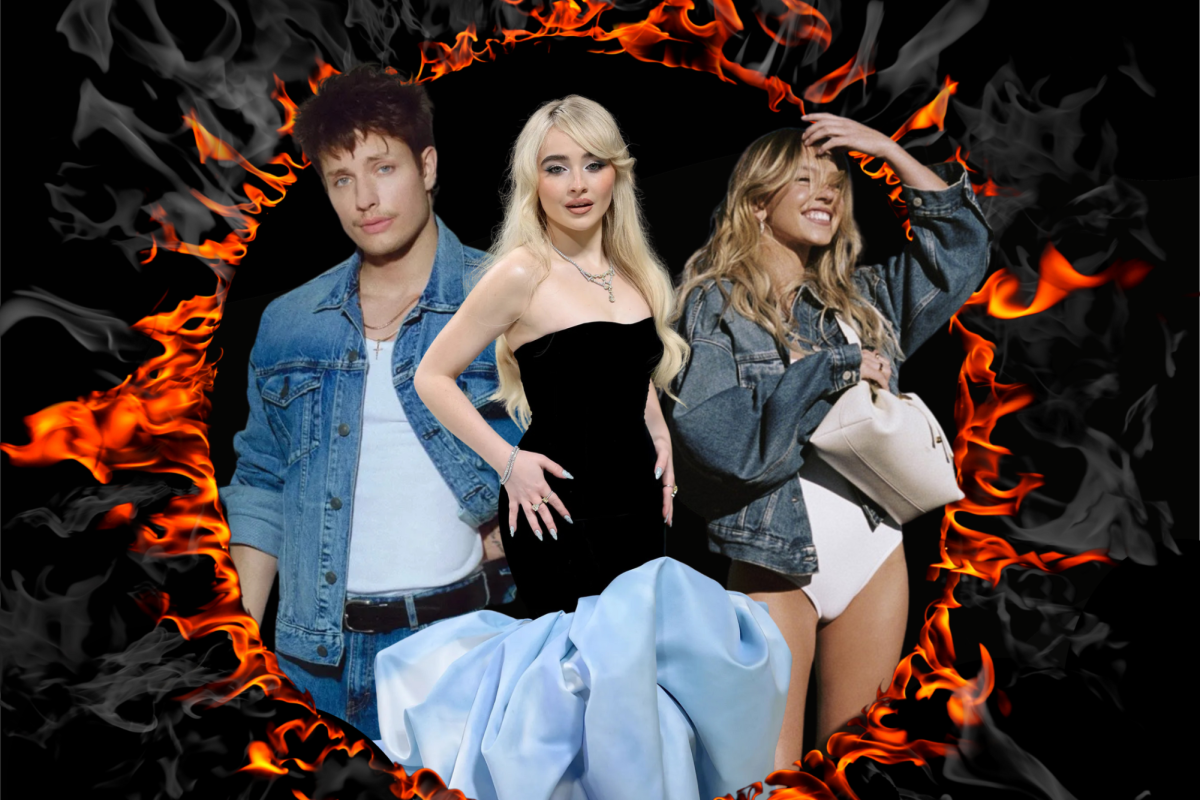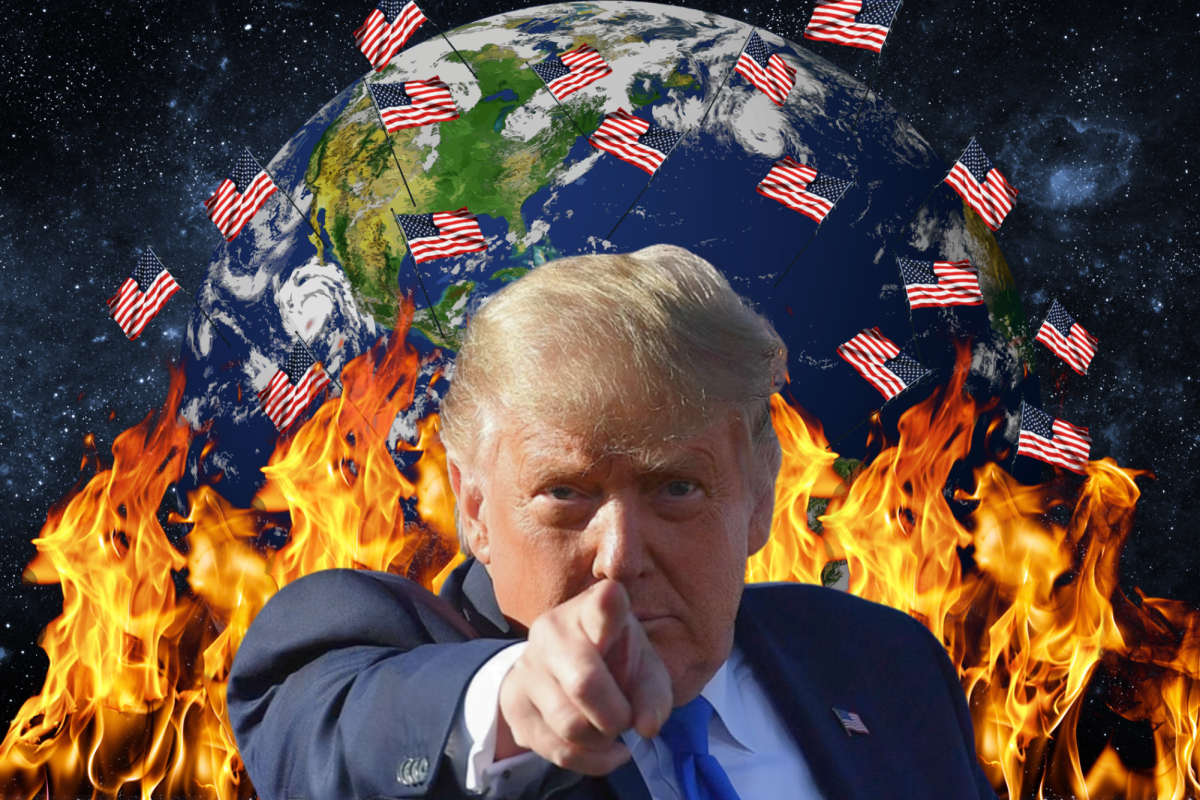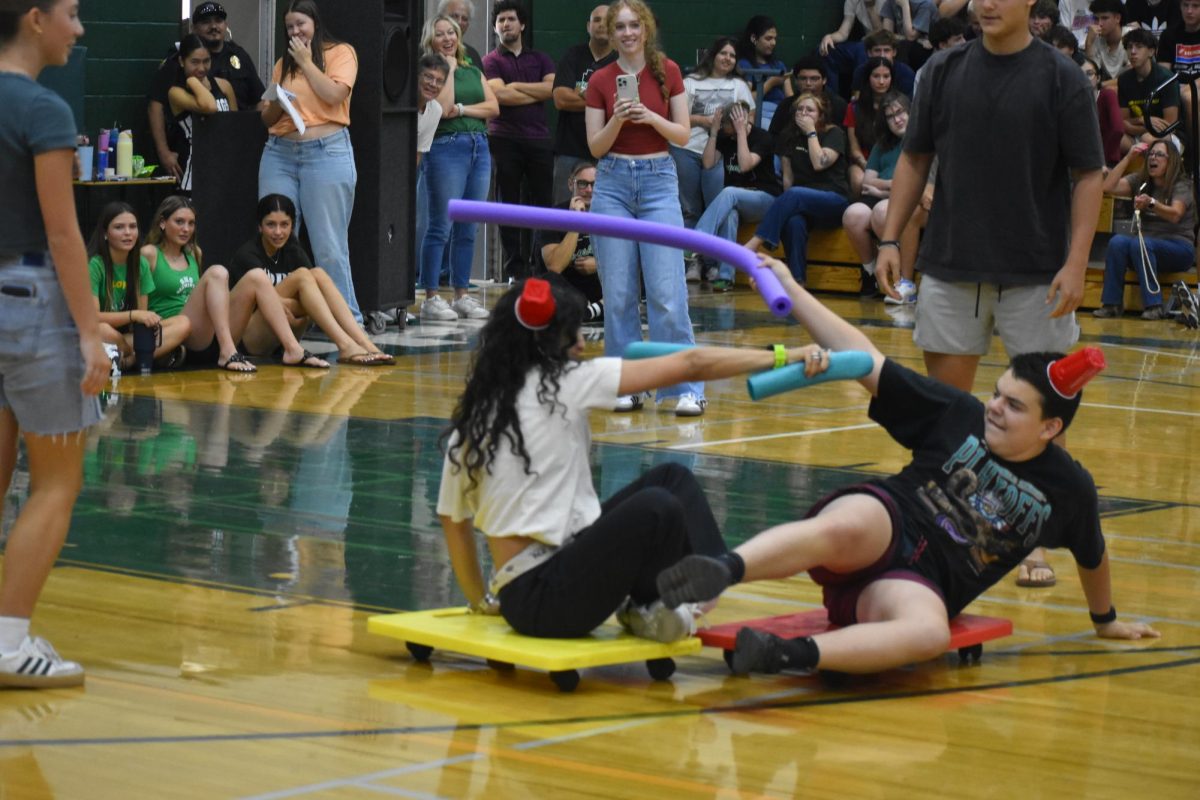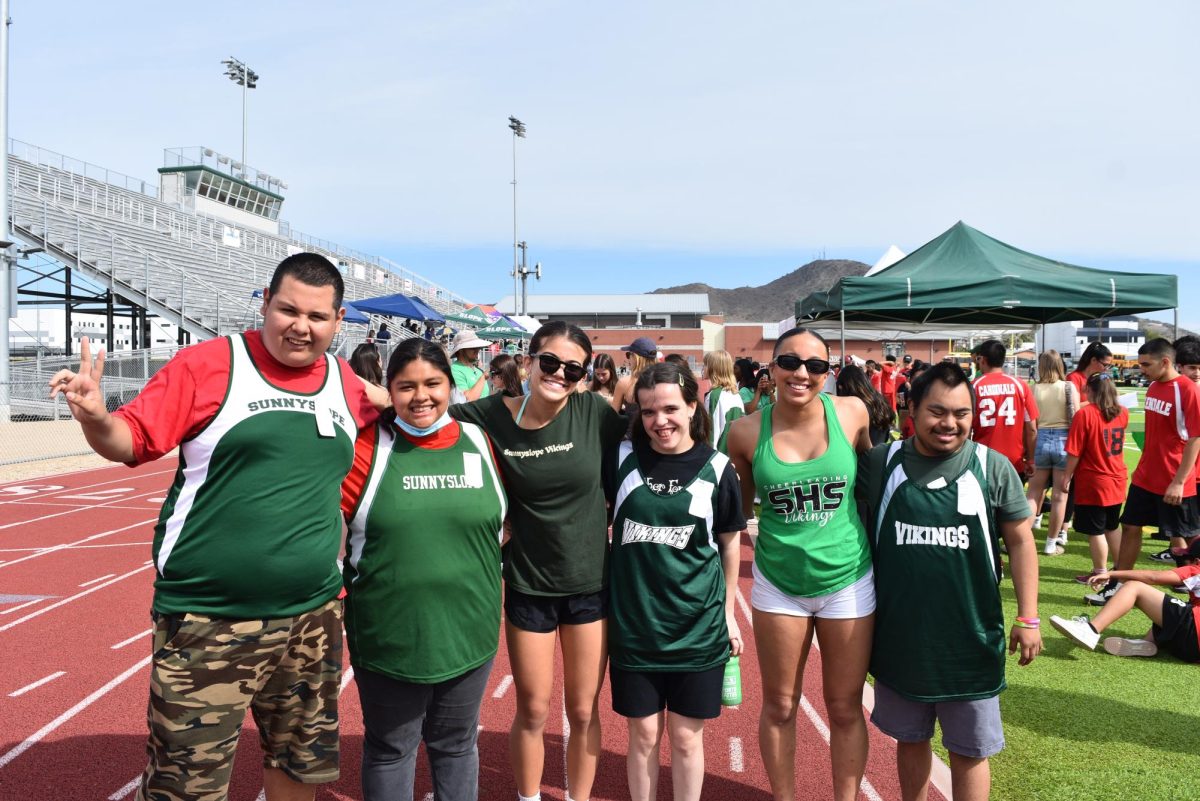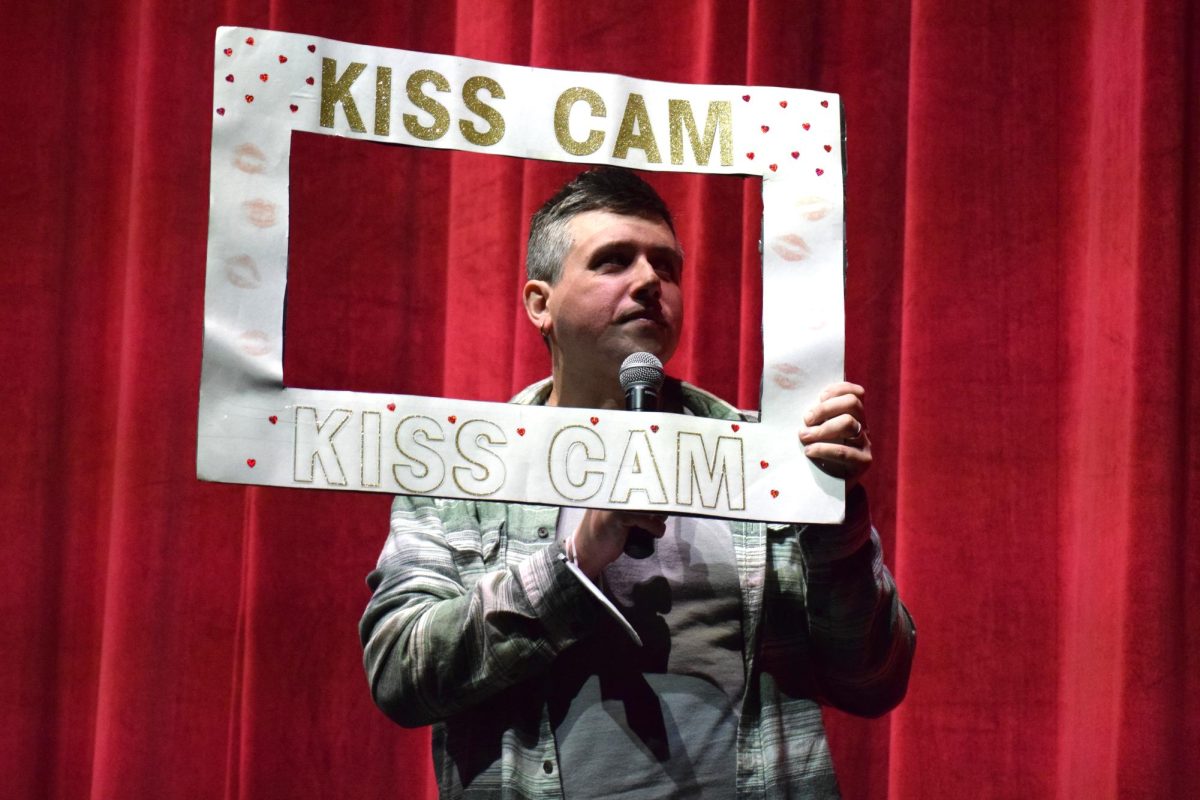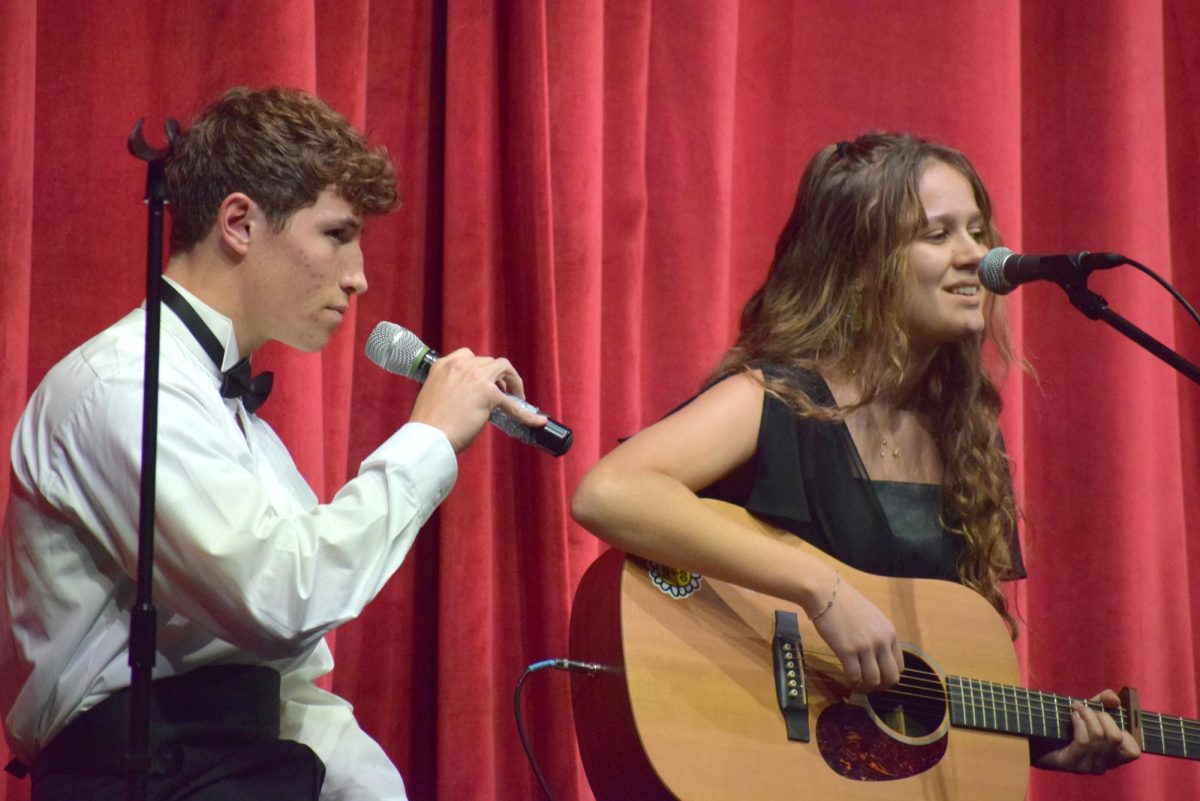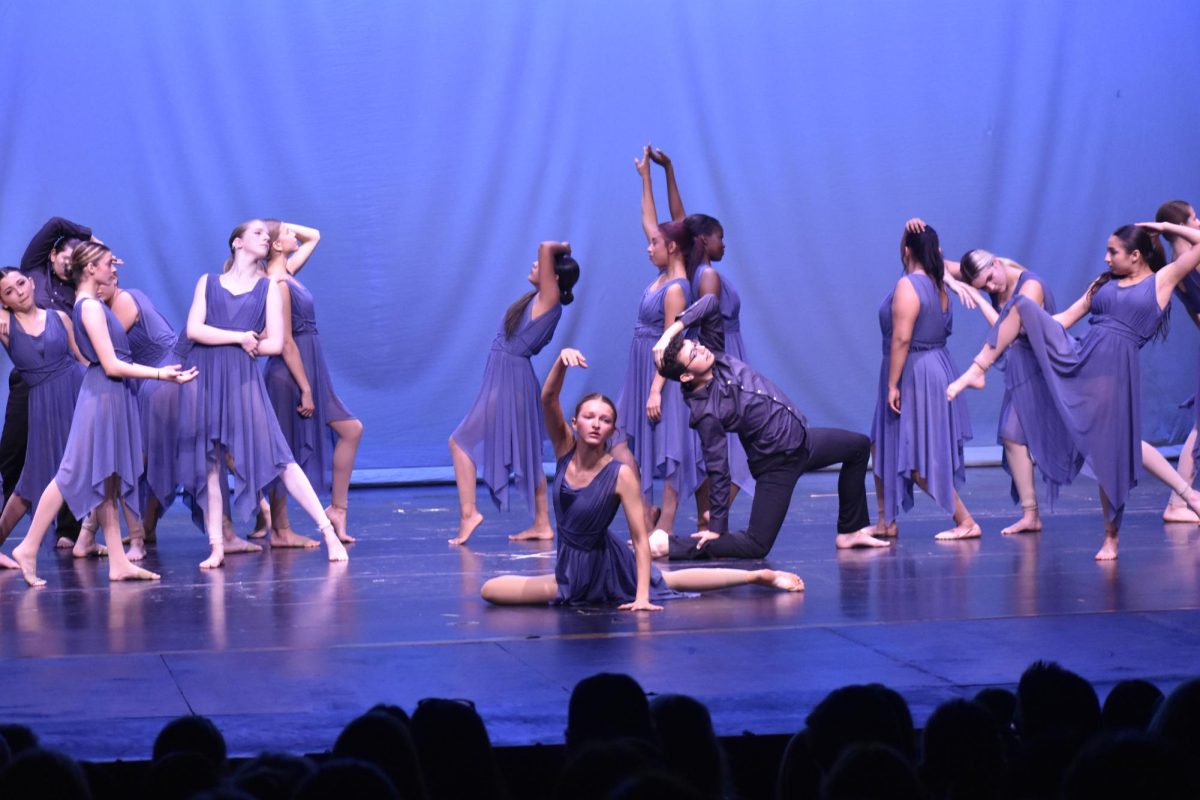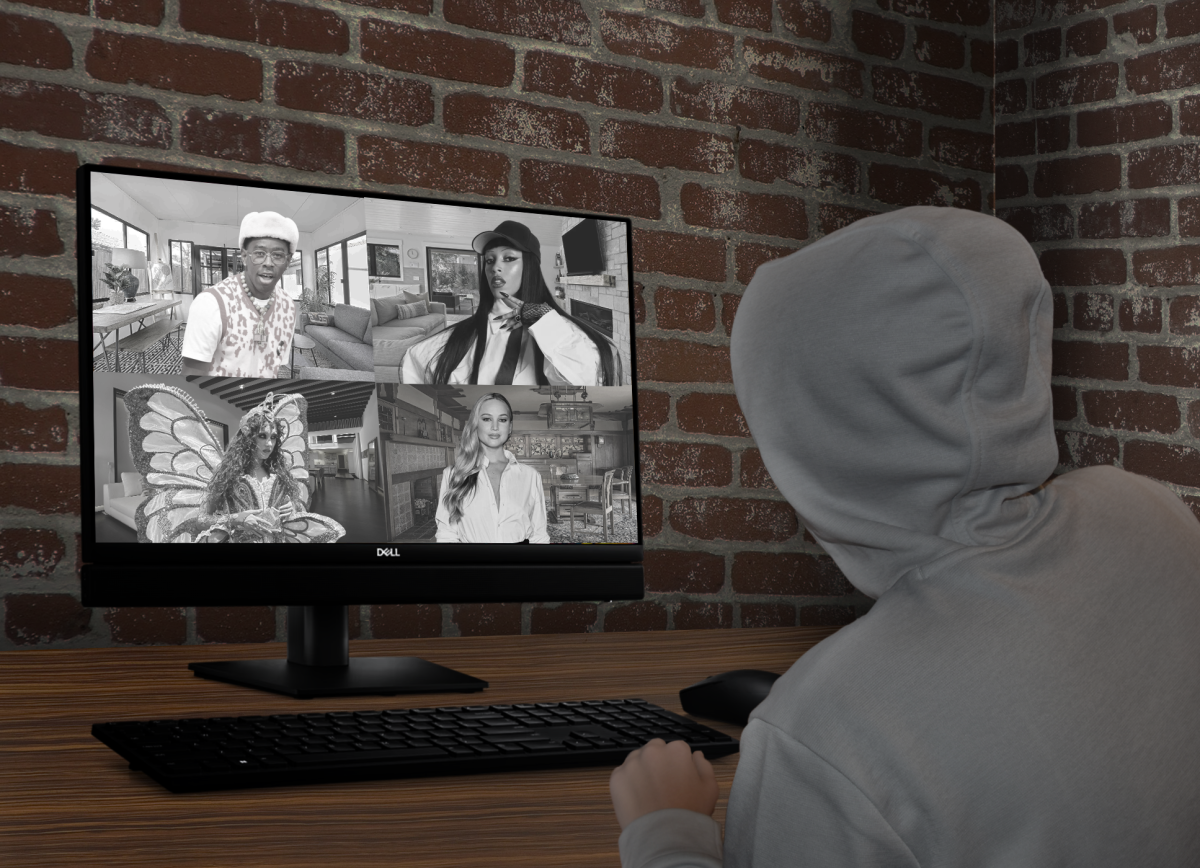In the age of social media, the boundaries between celebrities and their fans have become disturbingly blurred.
What was once a one-way admiration has evolved into a perceived two-way relationship, with fans feeling intimately connected to their idols.
This phenomenon, known as parasocial fan behavior, has become a staple of modern fandom, but beneath its seemingly harmless surface lies a complex web of unrealistic expectations and unhealthy obsession.
The term “parasocial relationship” refers to the intense emotional connections fans form with media personalities which often leaves them feeling as though they know the celebrity personally.
Social media has augmented this phenomenon, allowing fans to follow their favorite celebrities every move, witness their personal struggles, and even interact with them directly.
Additionally, an increase in streamed Podcasts and the technology used to create the audio recordings feeds into potential parasocial relationships forming.
Considering how podcast hosts speak directly into their microphones, their audiences can be left feeling as though they are personally communicating with the speaker.
Even if celebrities don’t consensually release personal information, fans will attempt to access it regardless.
The Rolling Stone said that Rapper Tyler, The Creator went on a rant about “weirdo’ fans who ‘sometimes’ make him exhausted from the music making process.”
Tyler, The Creator, in the same article said, “The internet’s crazy, these kids hack everything… they wanna know who your sister is, what you ate for dinner” before telling fans to mind their own “business. Go… outside and listen to the damn art of music,” according to The Rolling Stone.
Forbes reported that on July 23, 2023, “Grammy-winning pop star Doja Cat stirred up controversy… when she posted a series of… tweets slamming her admirers for calling themselves ‘Kittenz,’ telling those who run ‘creepy’ fan accounts to delete them and saying she doesn’t love her fans because ‘i don’t even know yall.”
When Doja Cat went out of her way to abash her fanbase, a multitude of supporters and adversaries alike flooded her social media accounts across various platforms.
By sharing personal stories, behind-the-scenes glimpses, and heartfelt messages, Doja Cat unintentionally created a sense of mutual understanding and connection.
Fans, in turn, continue to feel invested in the celebrity’s life, which can lead to an unhealthy sense of ownership where fans feel entitled to the celebrity’s time, attention, and affection.
CNN Entertainment described one instance, involving Pop Singer-Songwriter Chappell Roan, where she “criticized invasive fans who have followed her around, ‘stalked’ her family and demanded photos or hugs in public despite Roan’s resistance.”
Proof that Parasocial behavior has been a problem for years, came in the form of a statement from Actress Jennifer Lawrence in a 2017 Variety Actors on Actors conversation.
Lawrence said, “Once I enter a public place, I become incredibly rude” as it’s the “only way” she can defend herself”
Any rejection fans face can lead to disappointment, anger, or even obsession when the celebrity fails to reciprocate or meet the fan’s lofty expectations.
The devastating consequences of this phenomenon are evident in the numerous cases of celebrity stalking, harassment, and even violence.
In defense of parasocial relationships, the overexposure from social media allows individuals to find a sense of identity within the lives of celebrities.
Due to this, it’s important to acknowledge that parasocial fan behavior is not solely the responsibility of the celebrity or the fan.
Social media platforms, which prioritize engagement over mental health and well-being, undoubtedly contribute to the blurring of boundaries and the normalization of unhealthy fan behavior.
However, the reliance on a one sided emotional bond can become damaging overtime.
As we navigate the complex landscape of modern fandom, it’s crucial to recognize the potential dangers of parasocial relationships.
While it’s natural to admire and appreciate our favorite celebrities, we must maintain a healthy distance and respect their boundaries.
By doing so, we can ensure that our enthusiasm and dedication remain positive and respectful, rather than devolving into obsession or entitlement.
Ultimately, the allure of parasocial relationships reveals a broader issue- a deep-seated desire for human connection.
So rather than seeking validation and intimacy through celebrity worship, we should strive to cultivate meaningful relationships with those around us.
By investing in our real-life connections, we can create a healthier, more balanced fandom culture that celebrates enthusiasm and dedication without sacrificing the fan’s emotional well-being.

